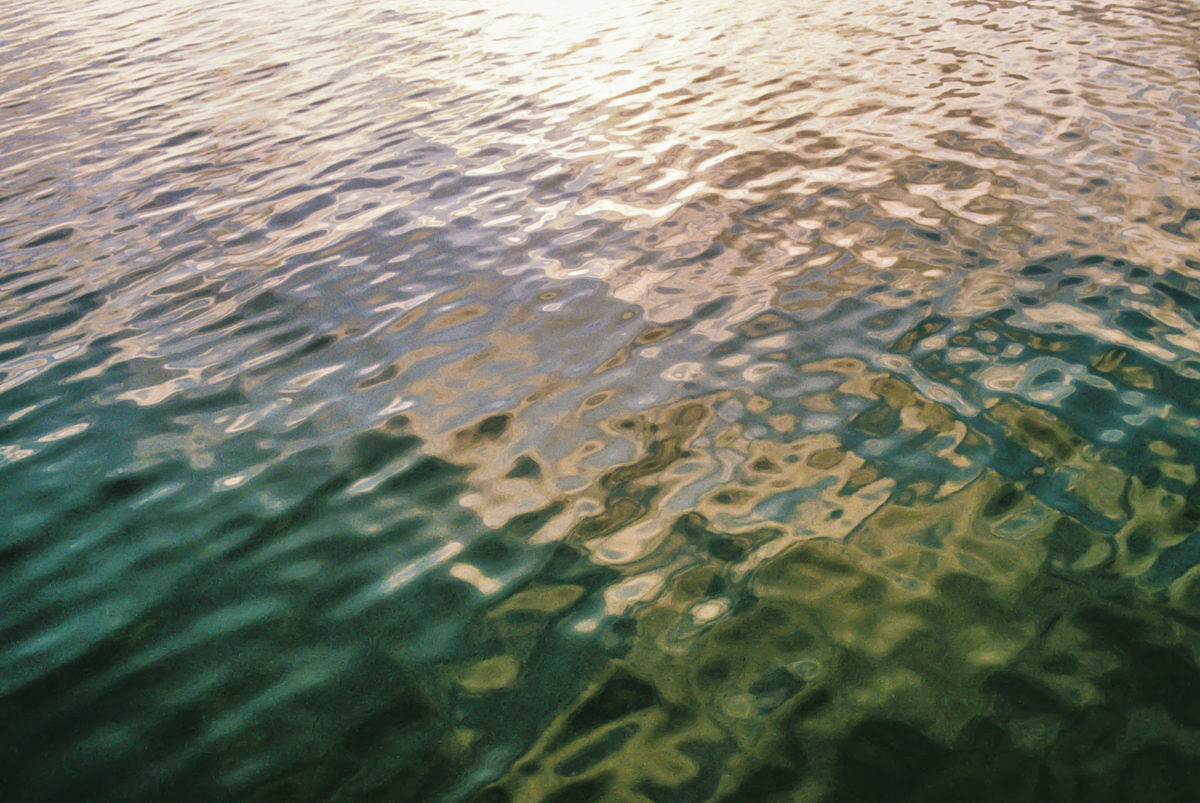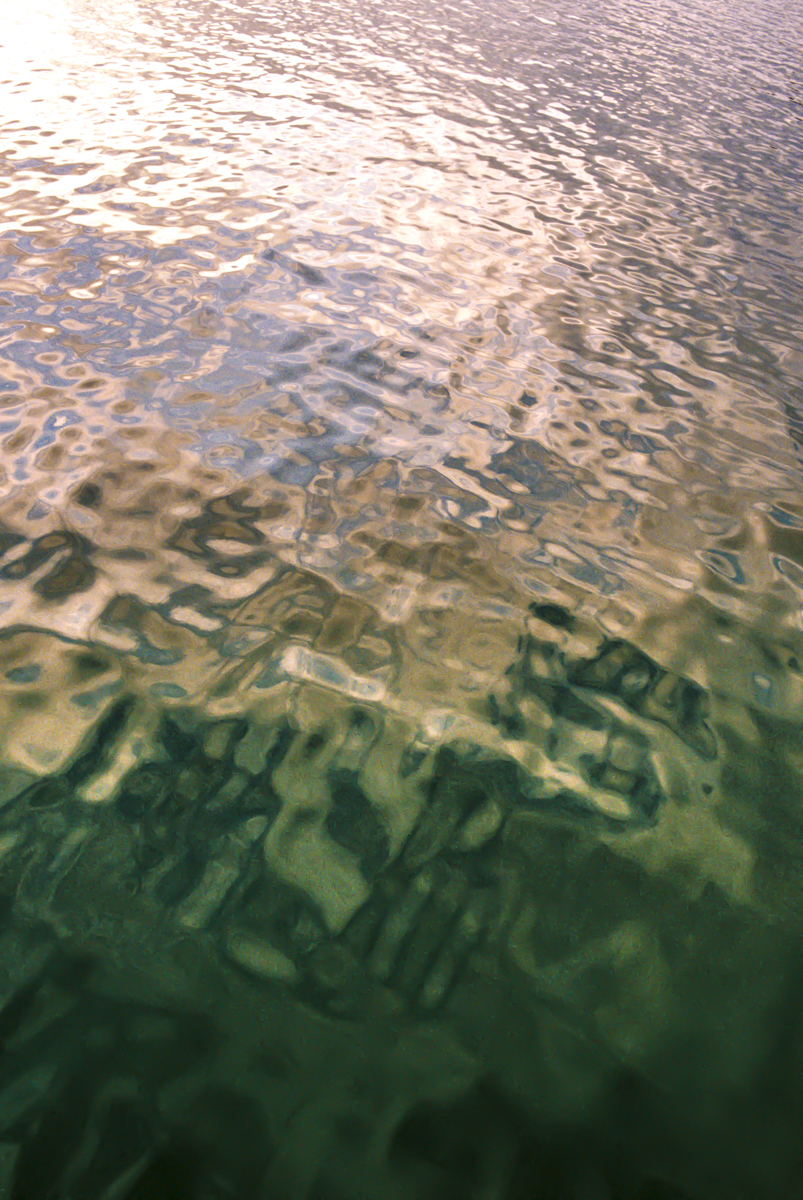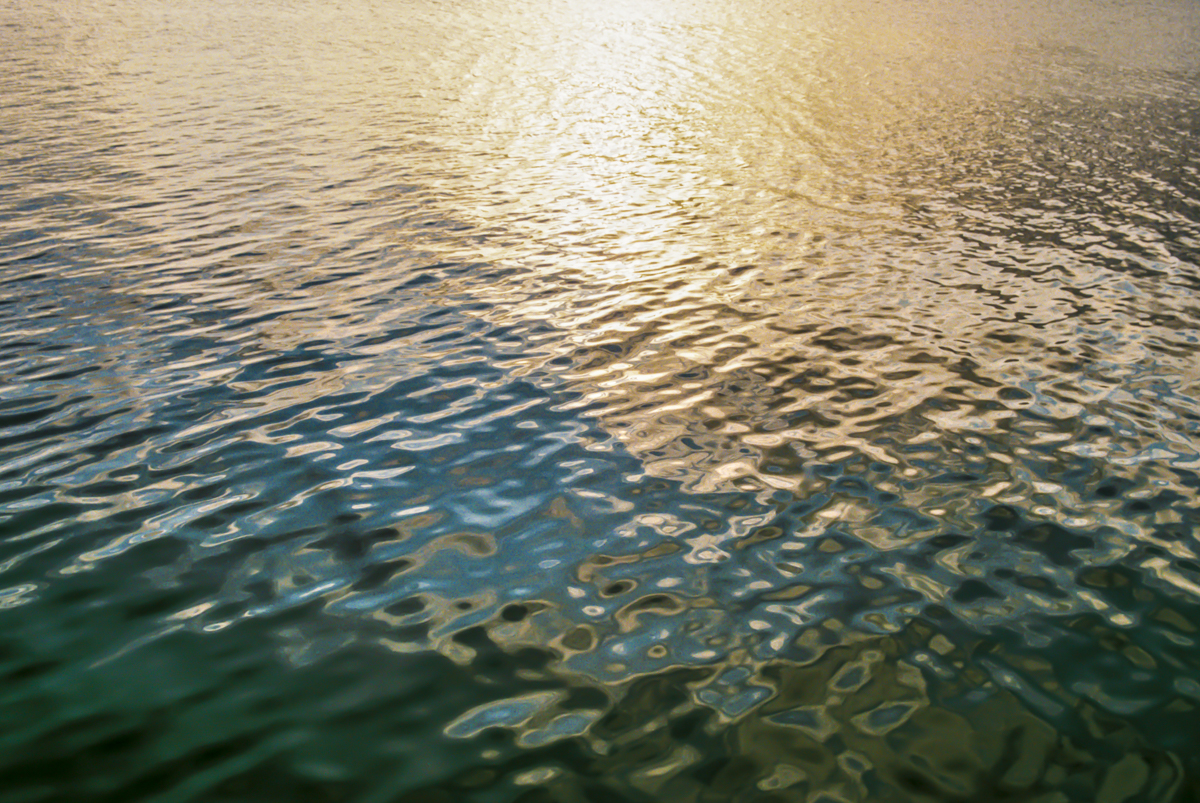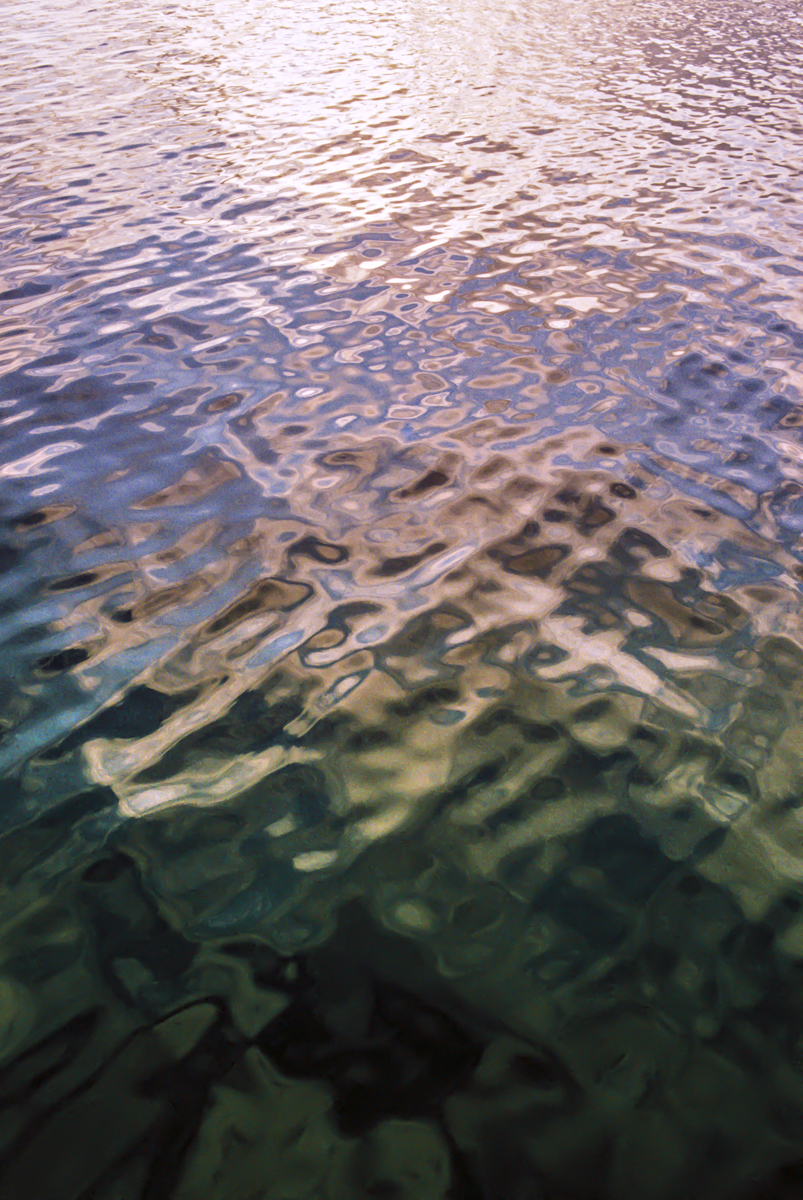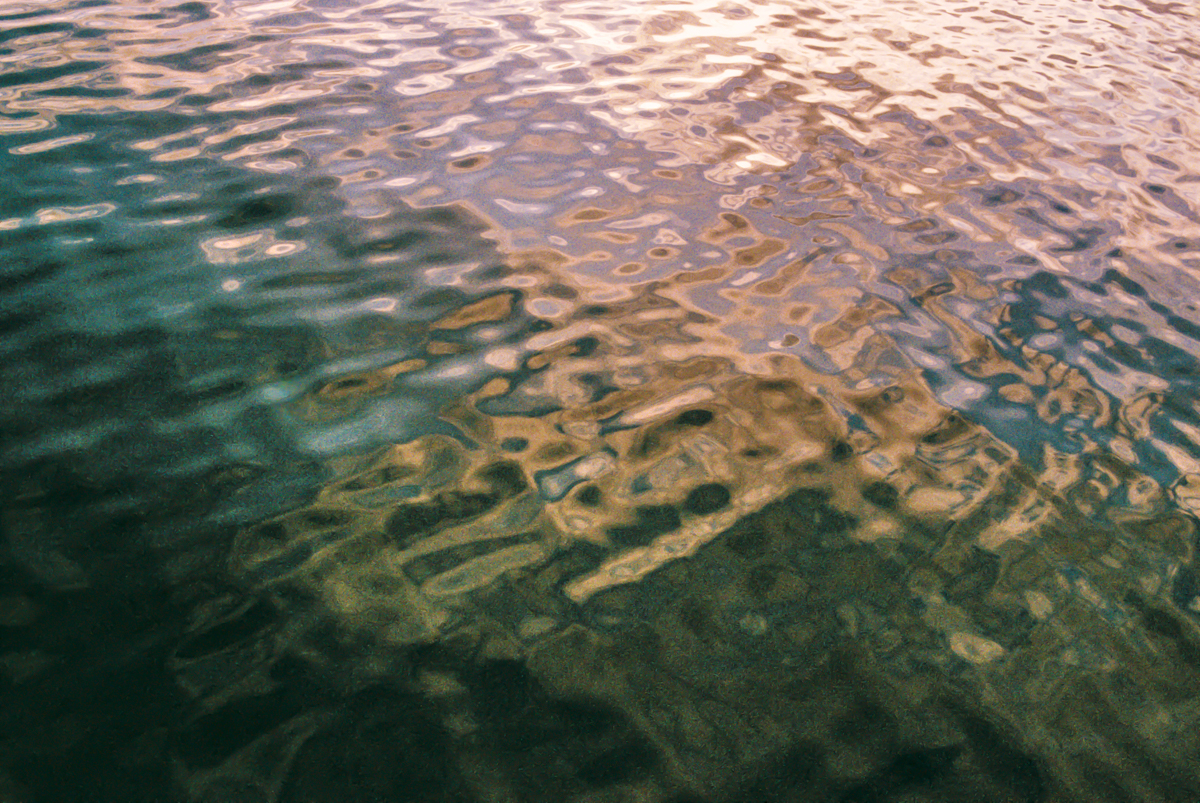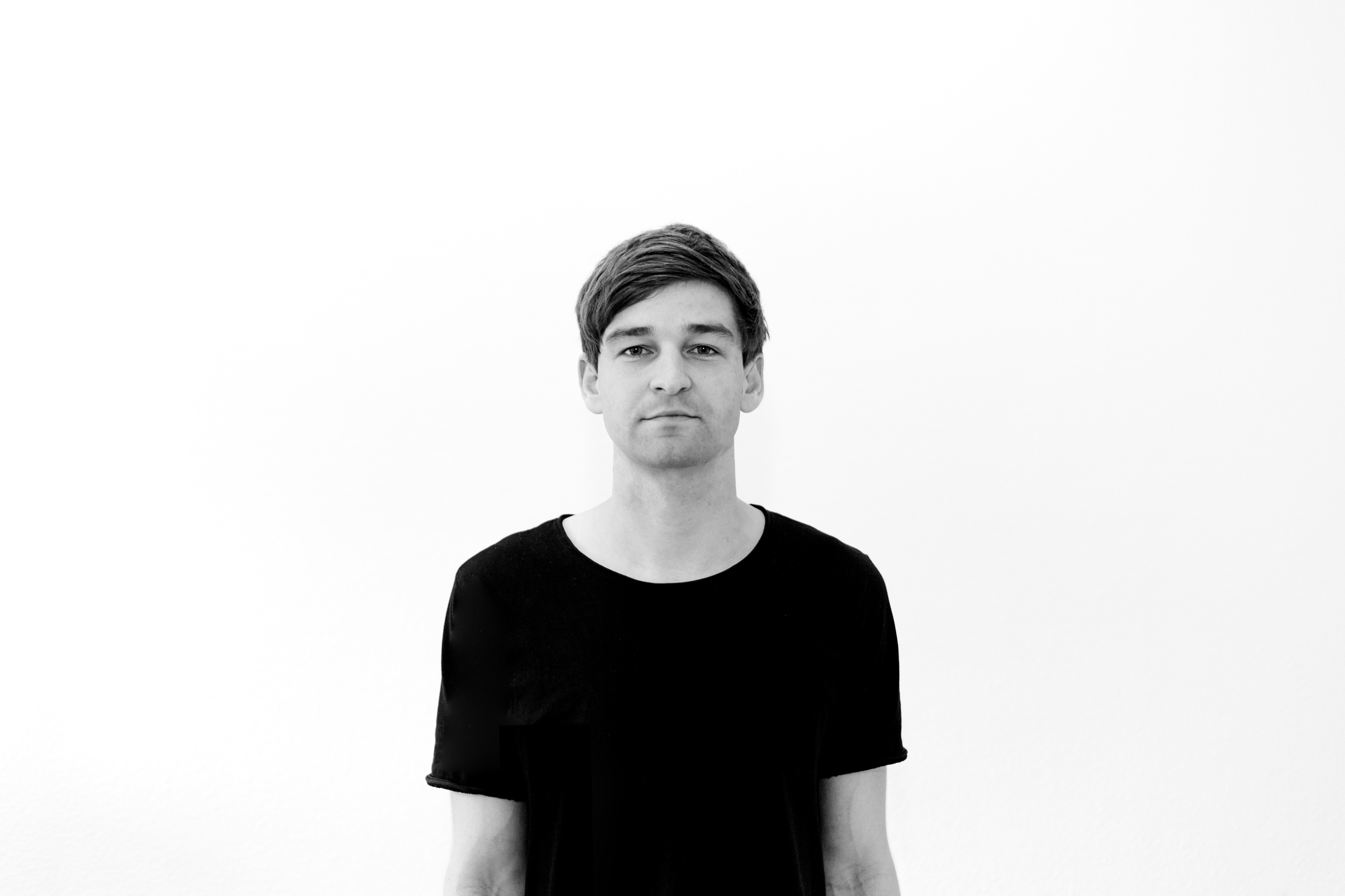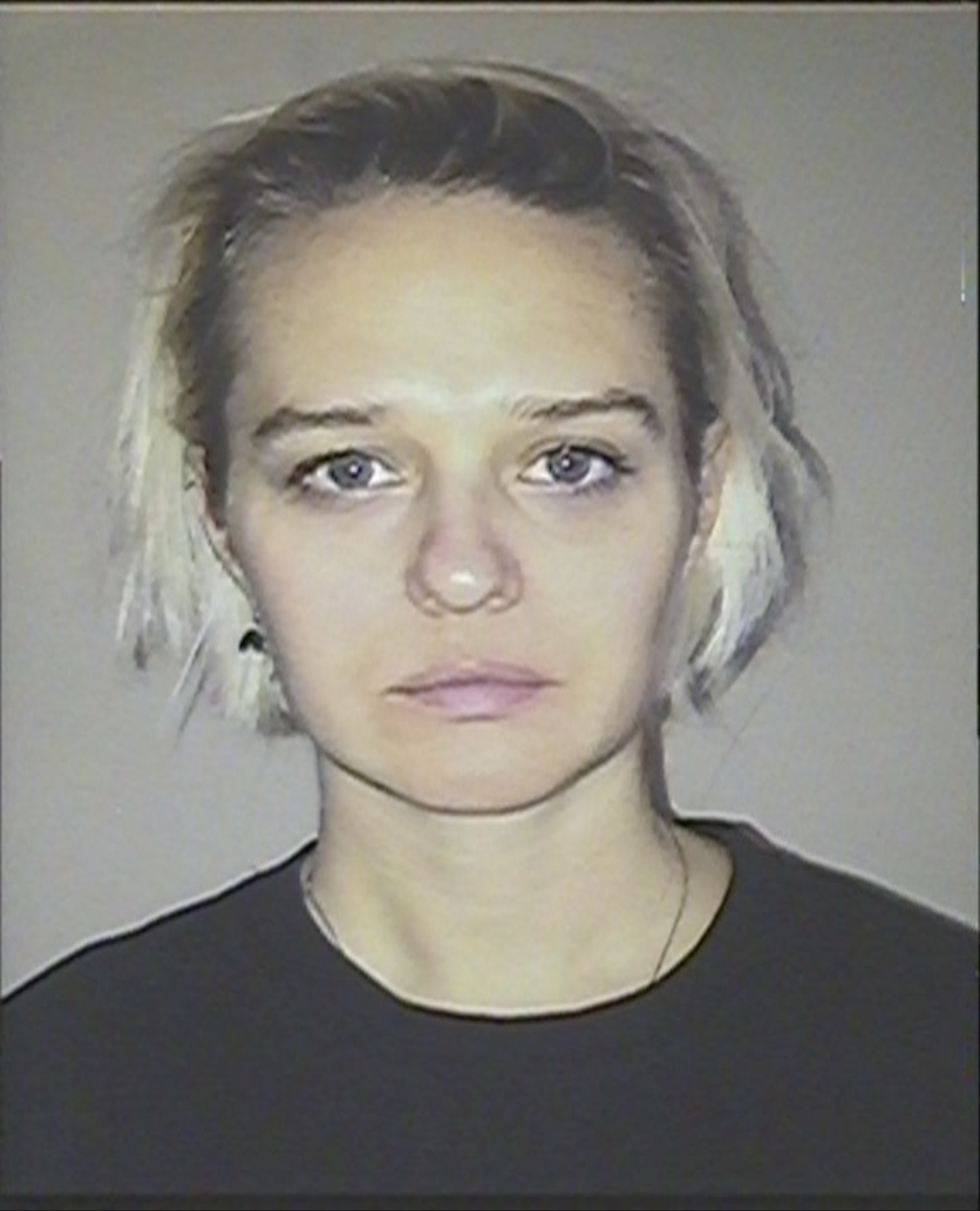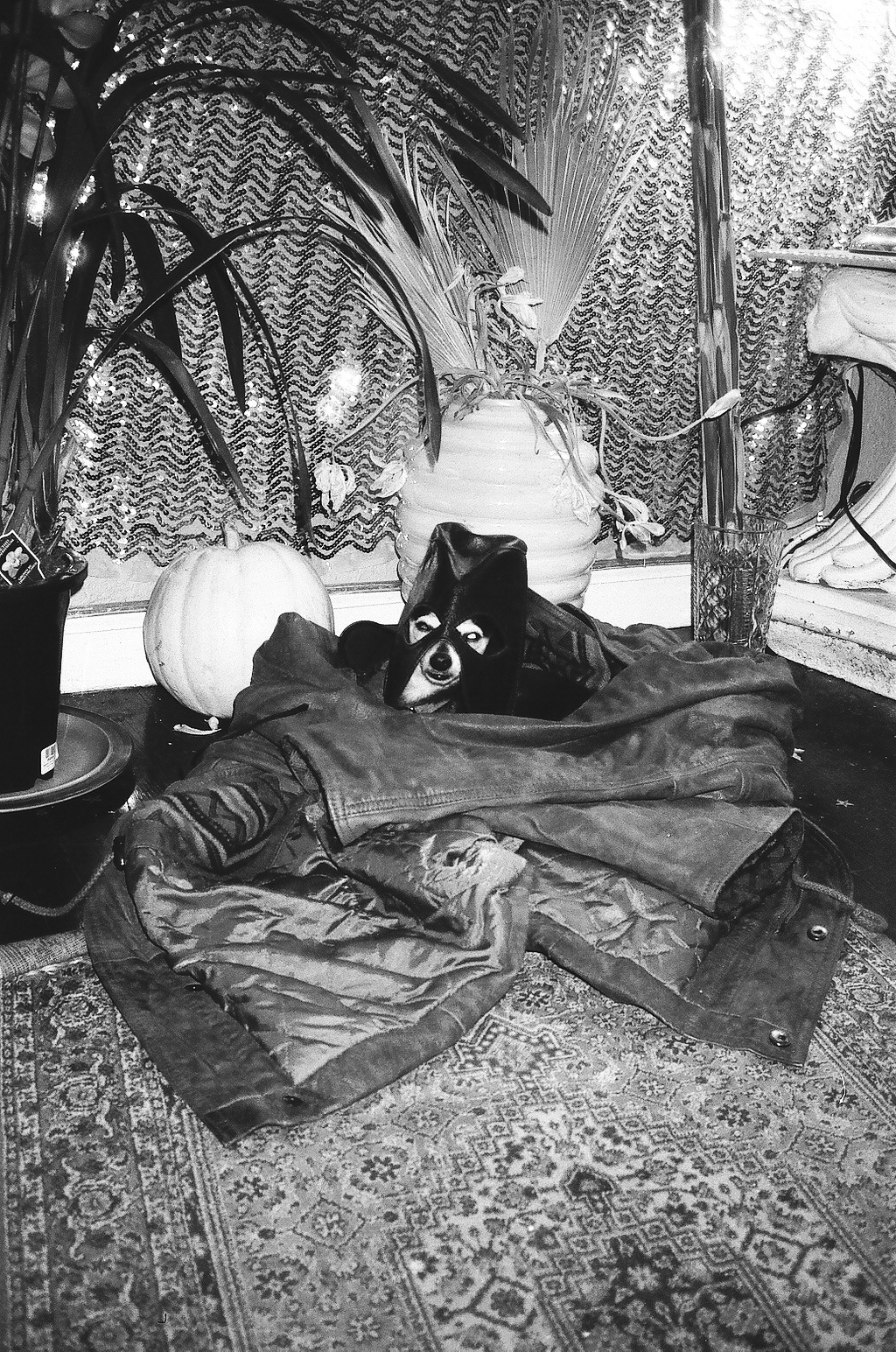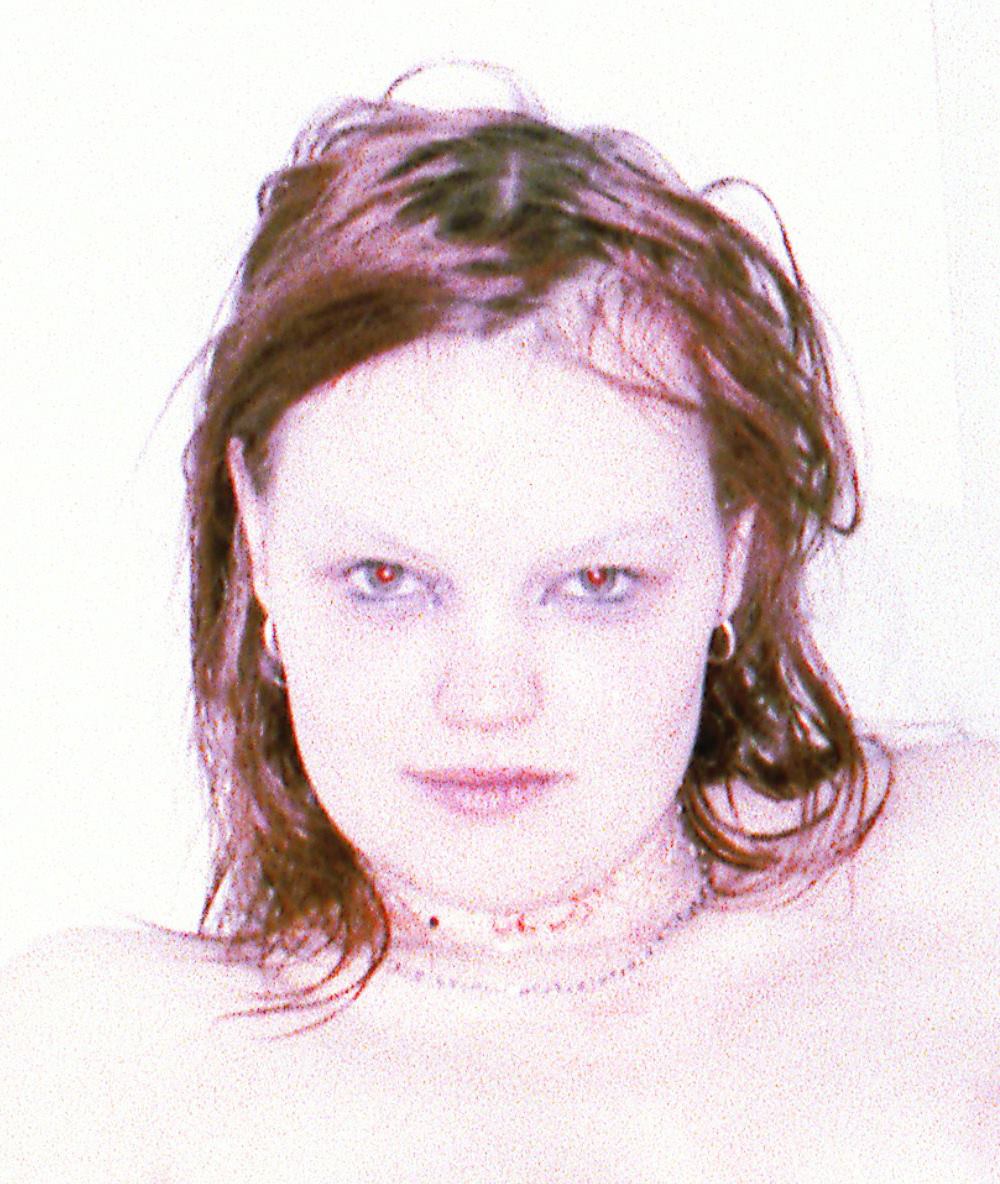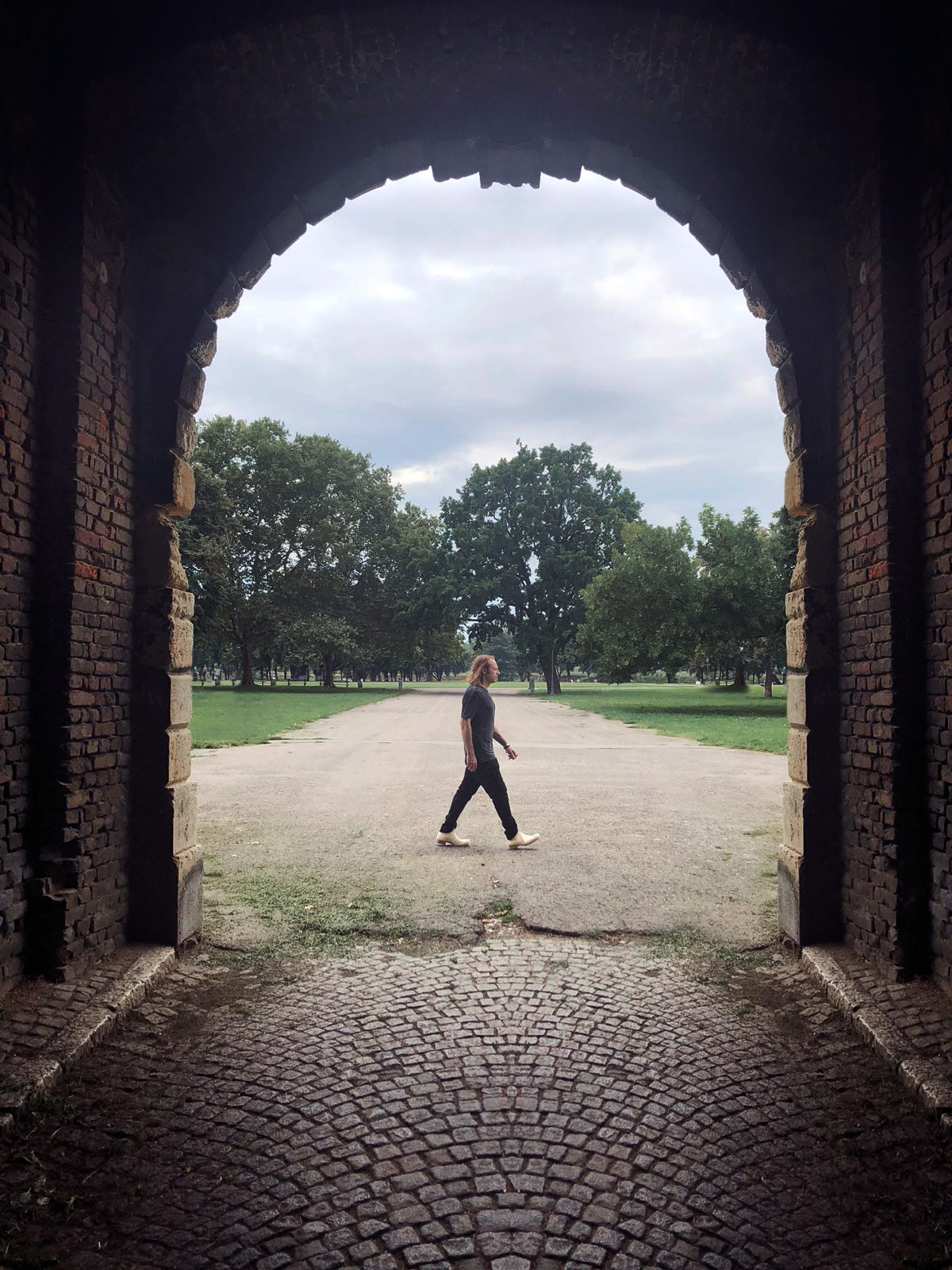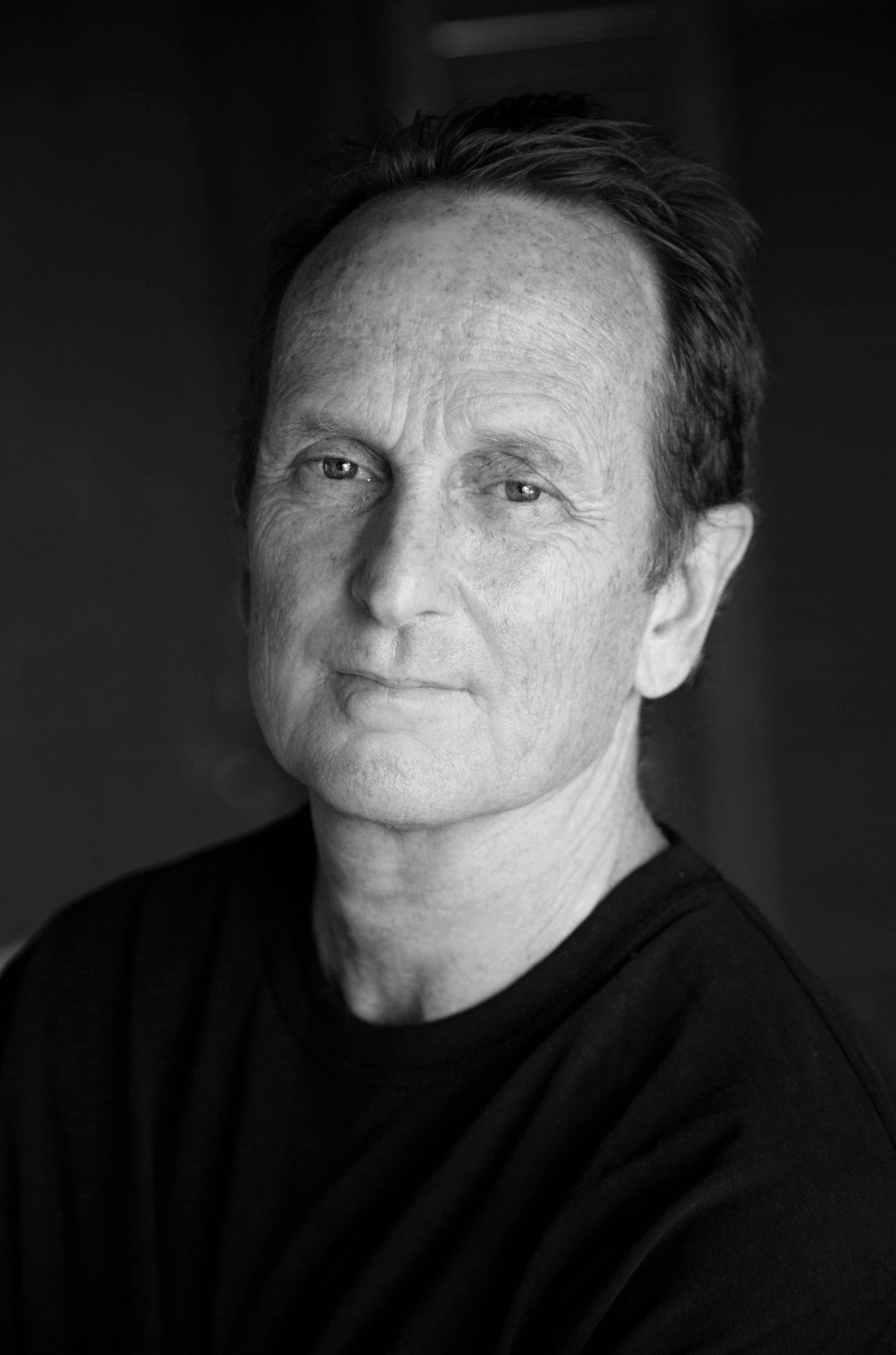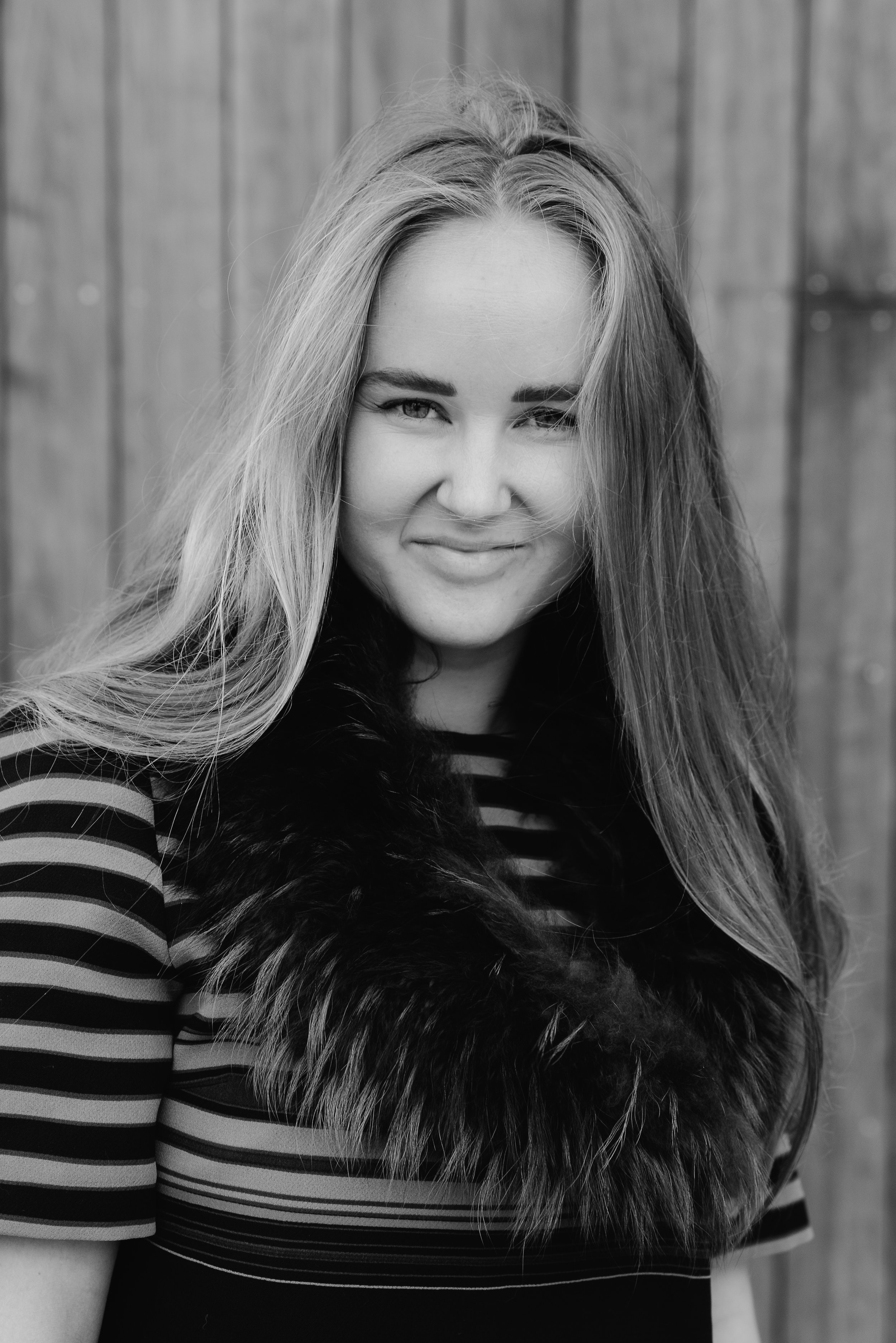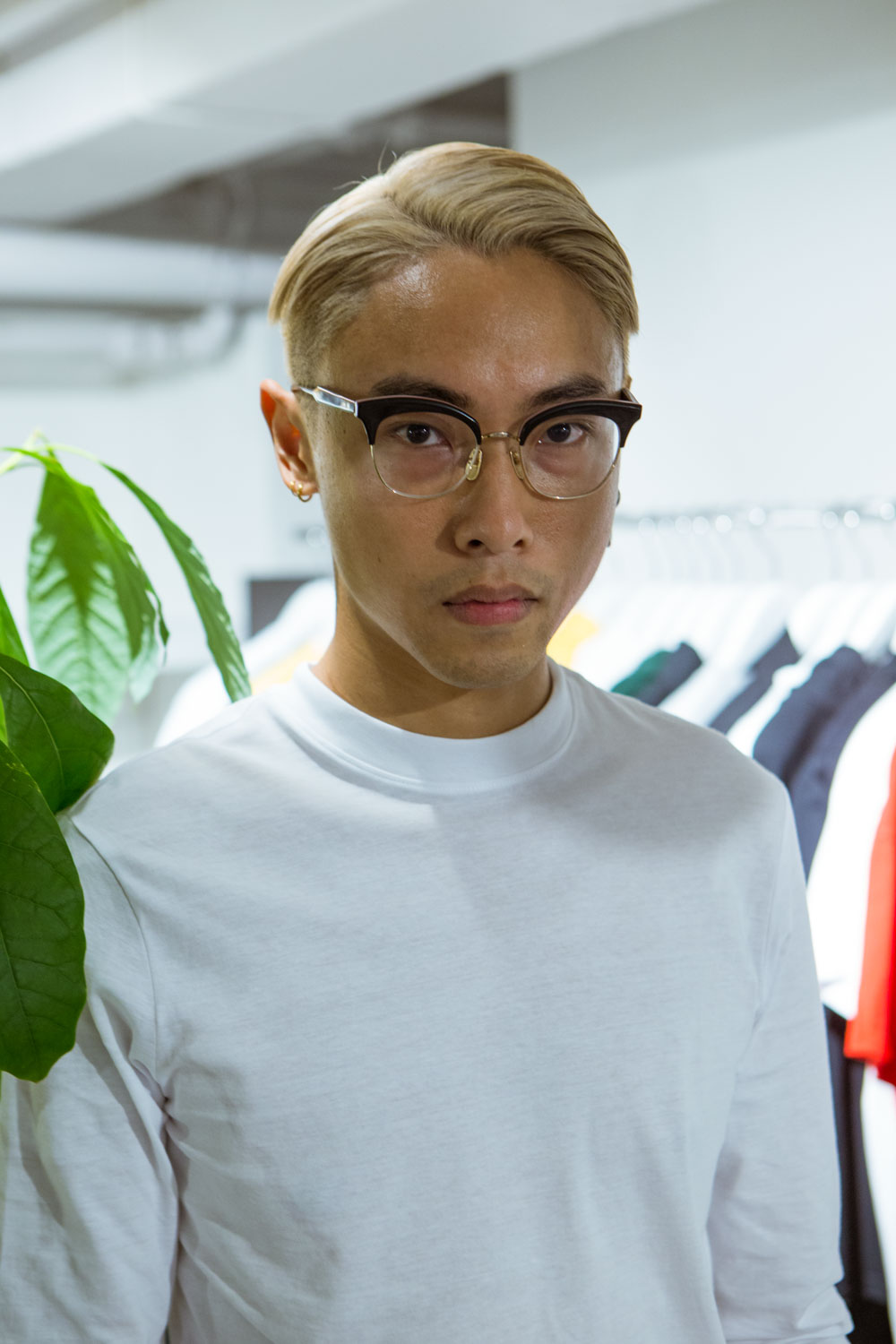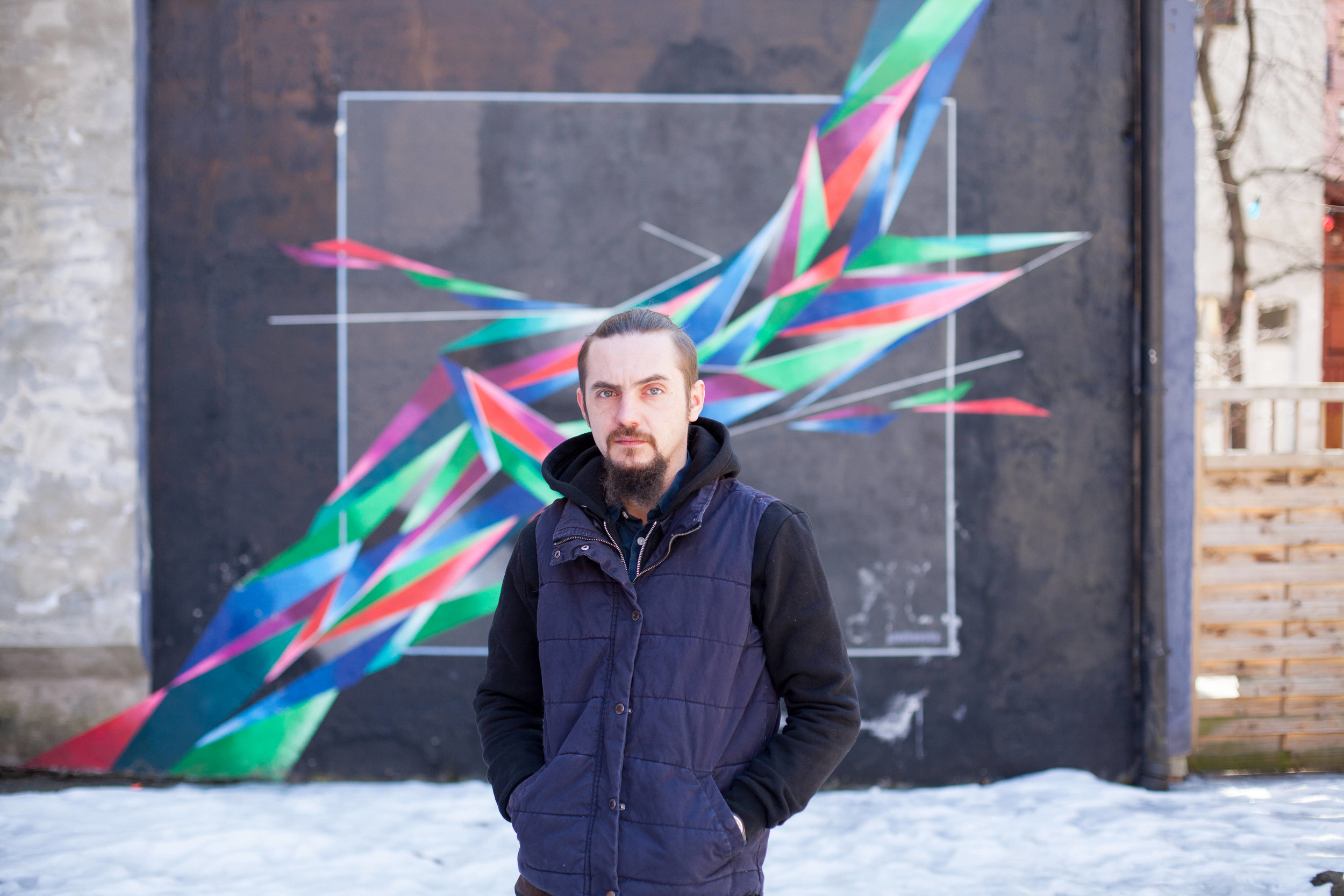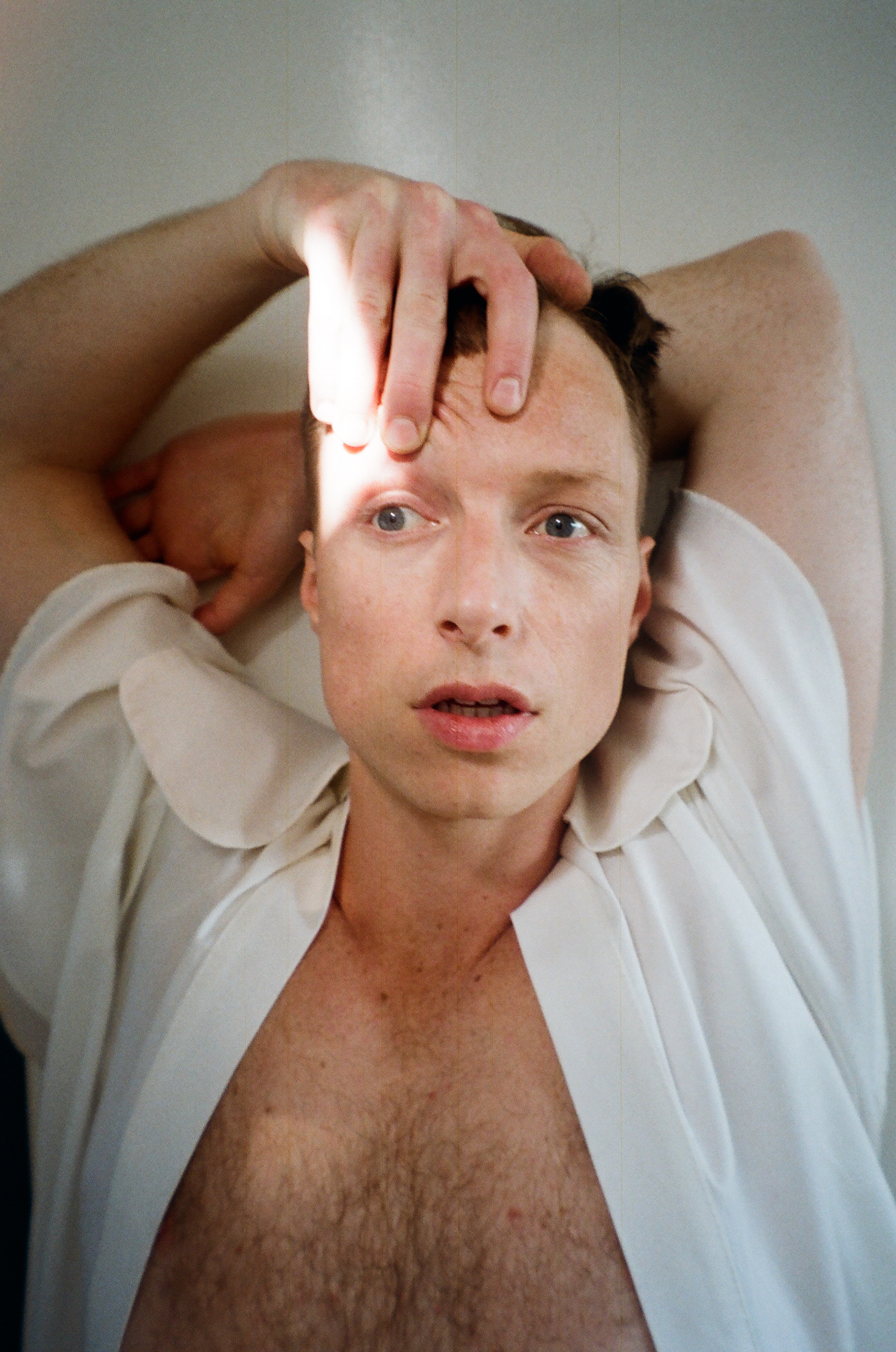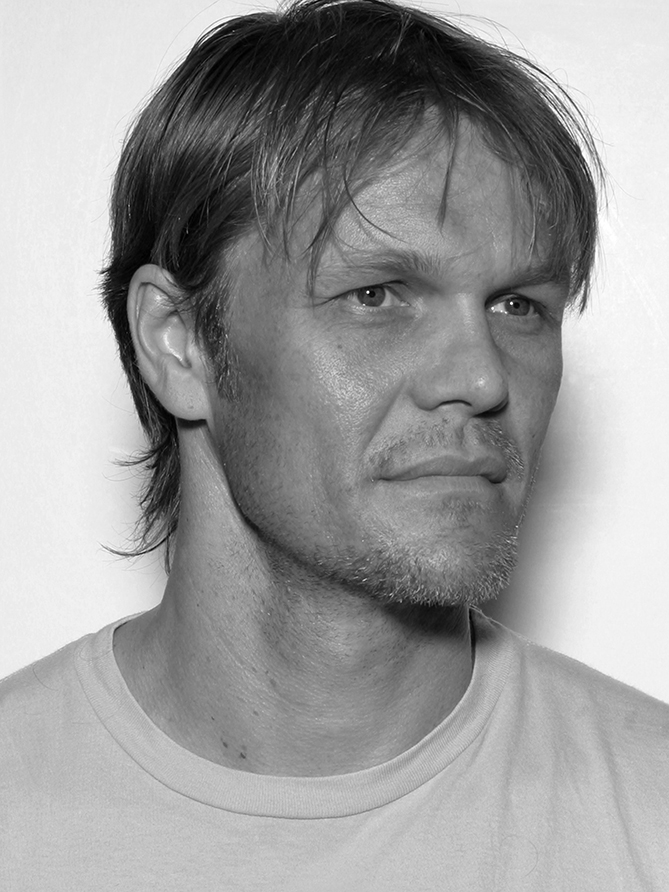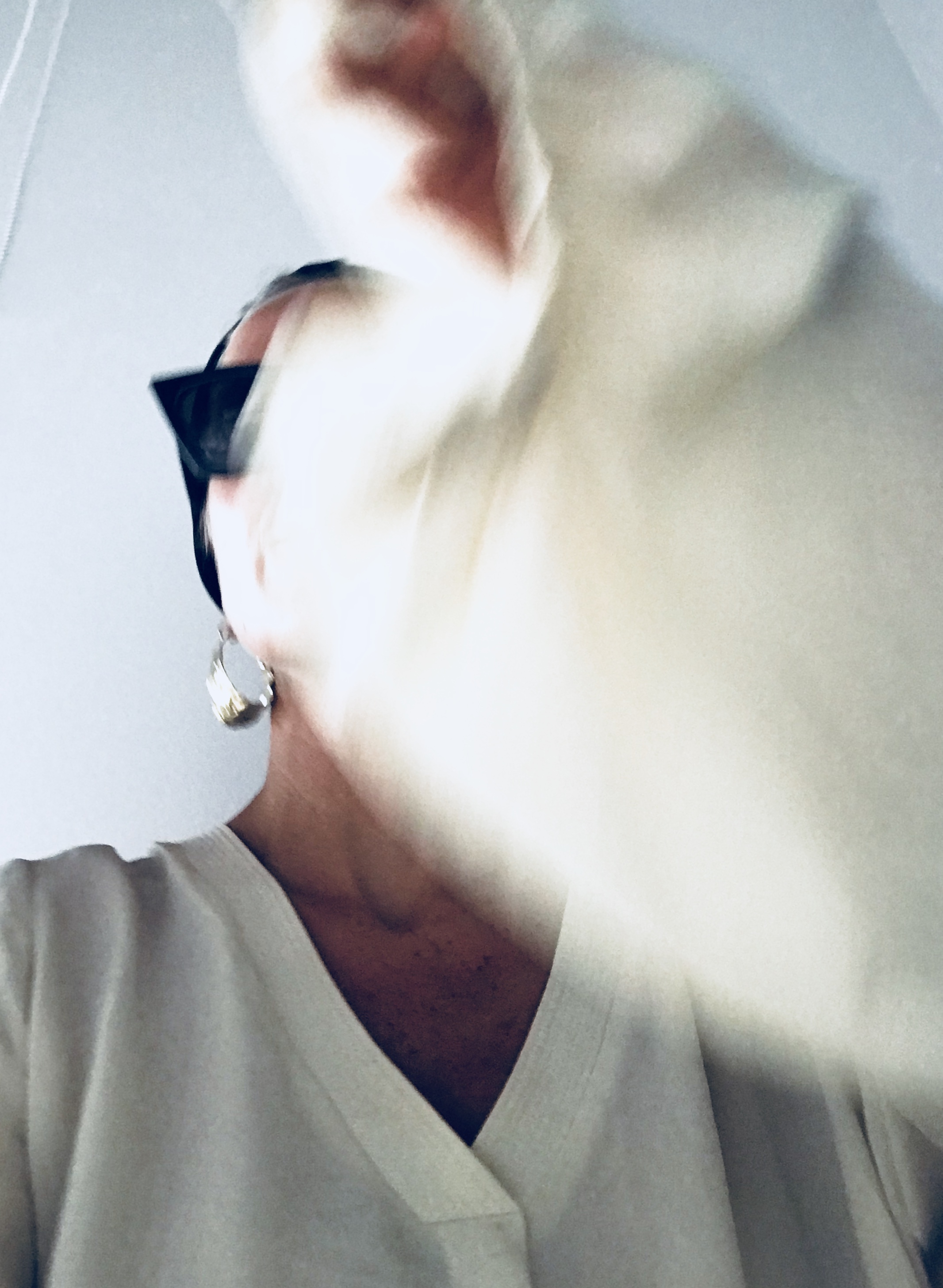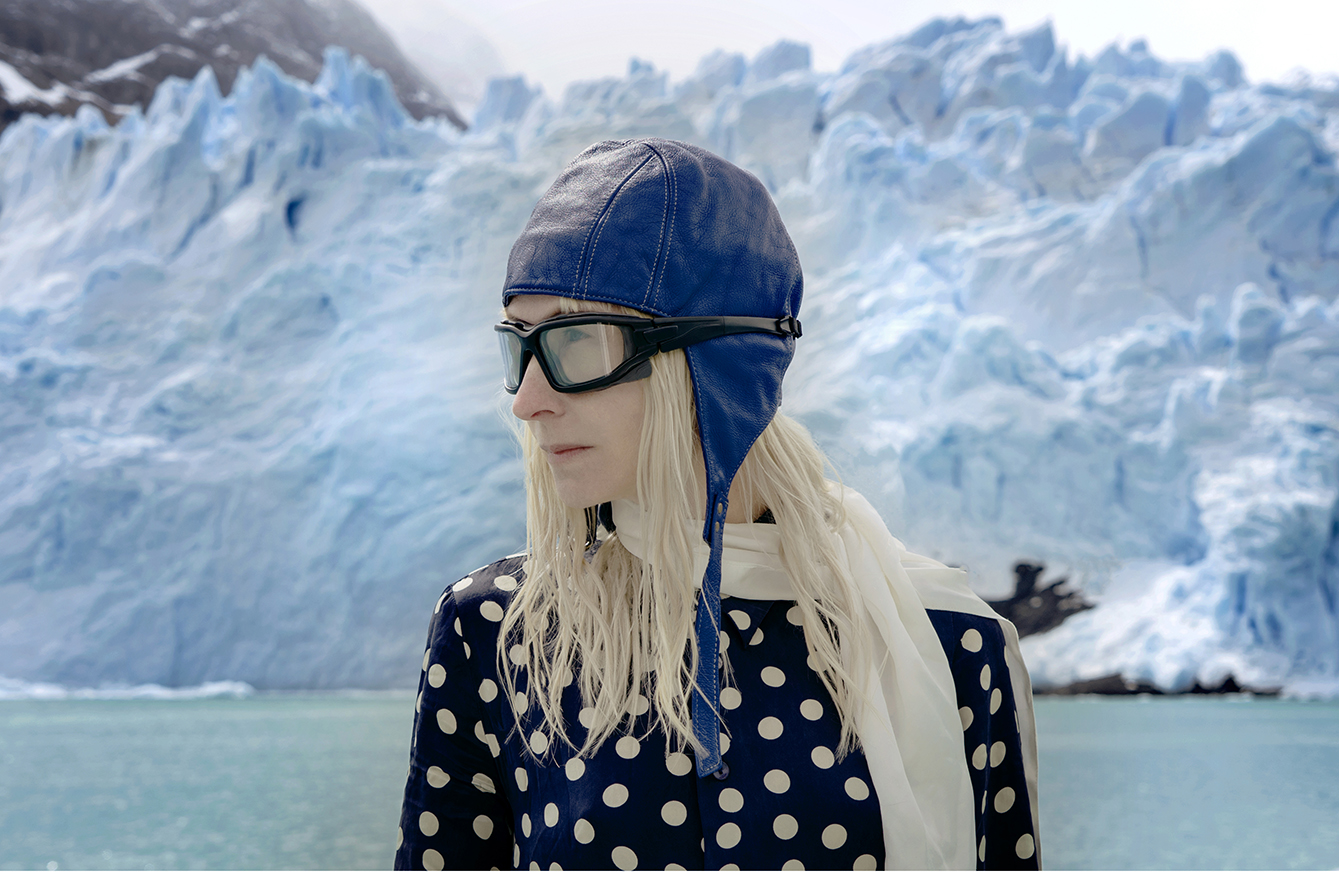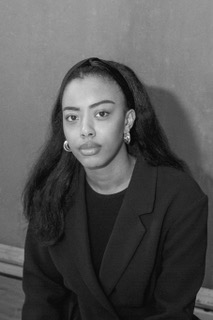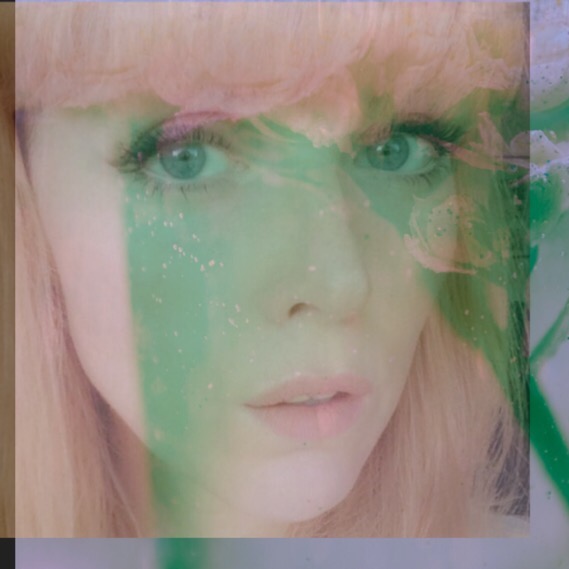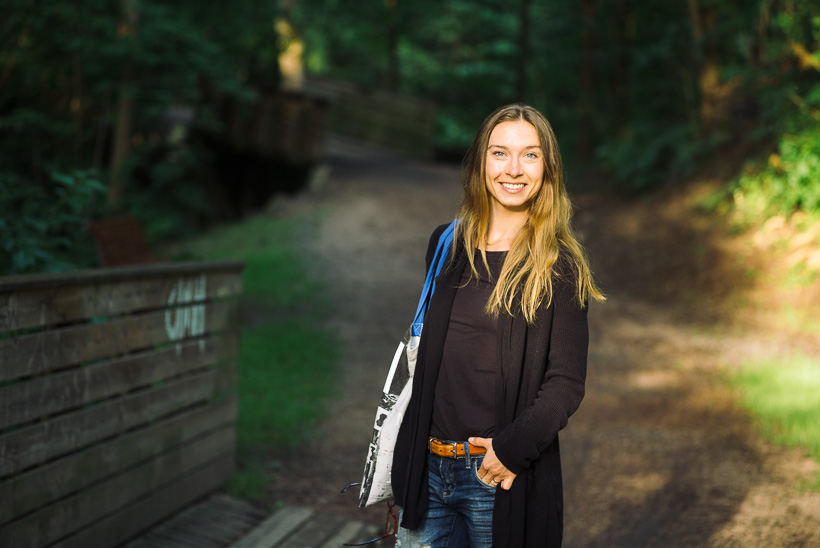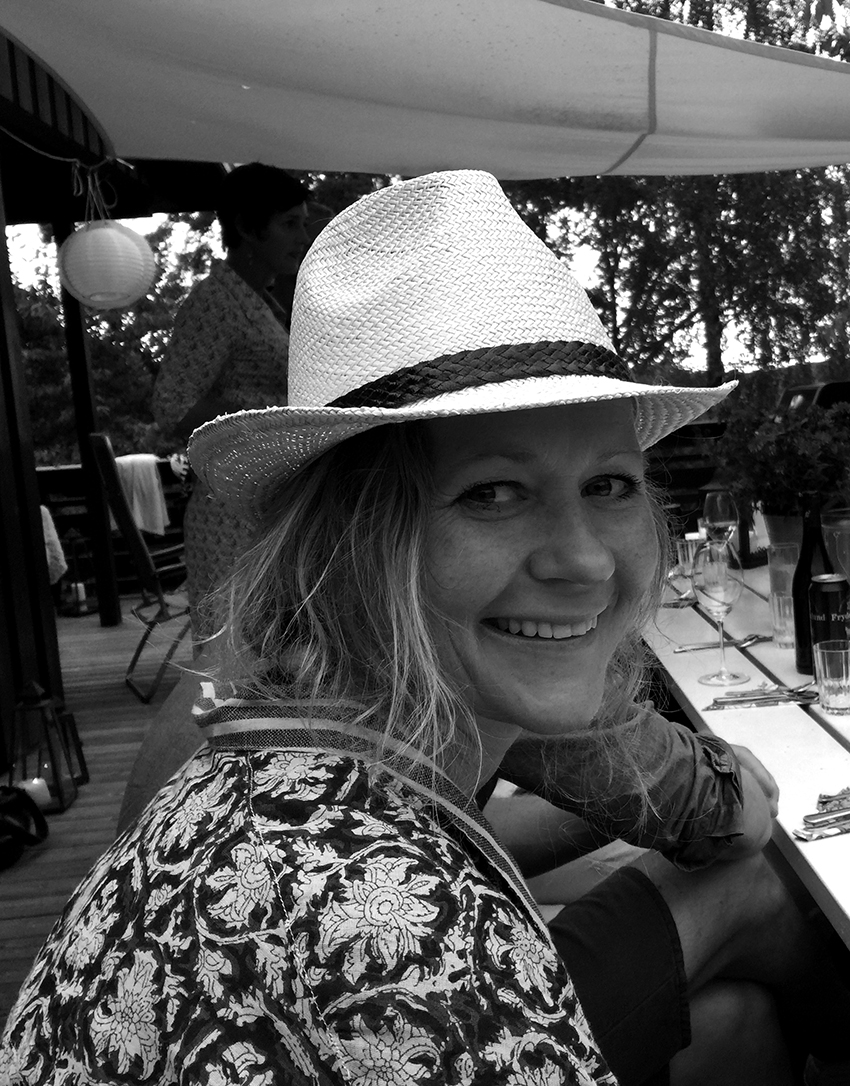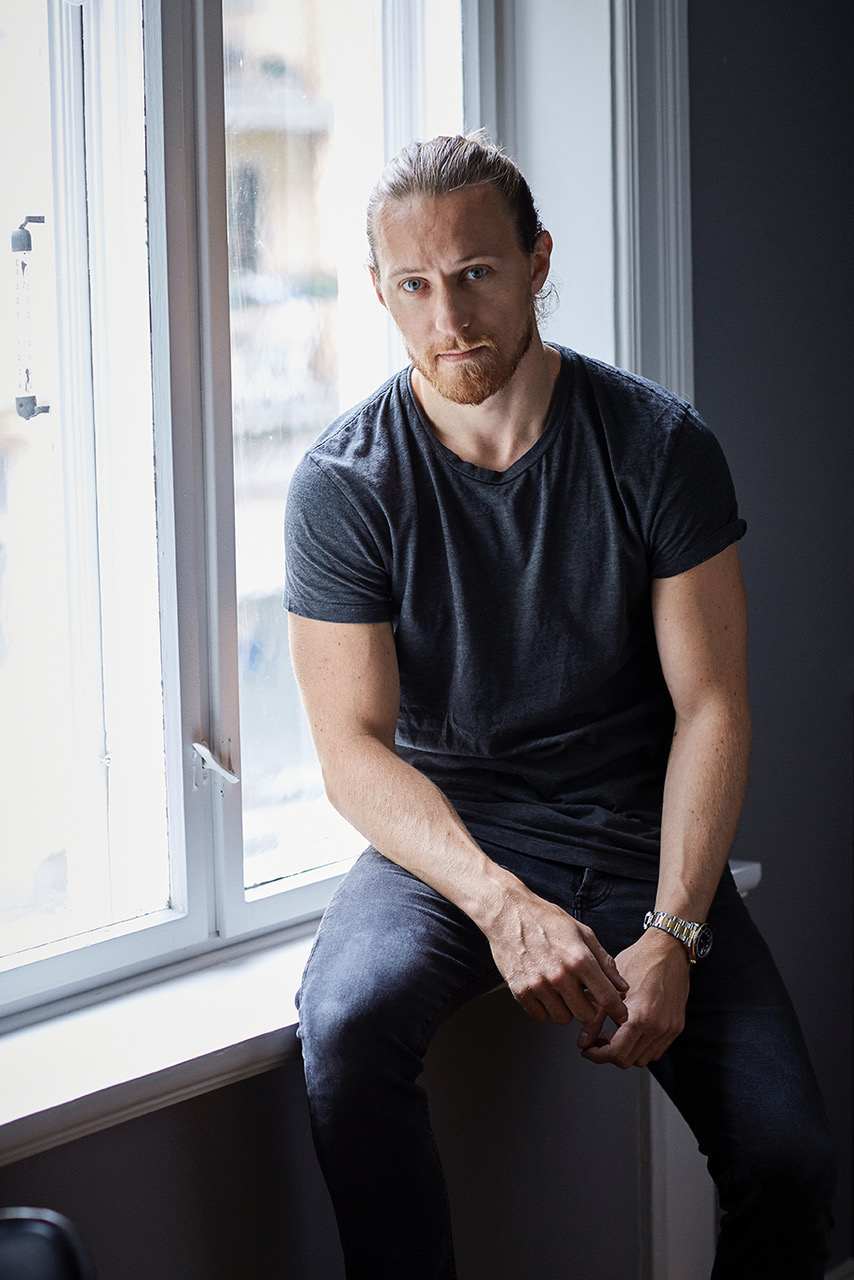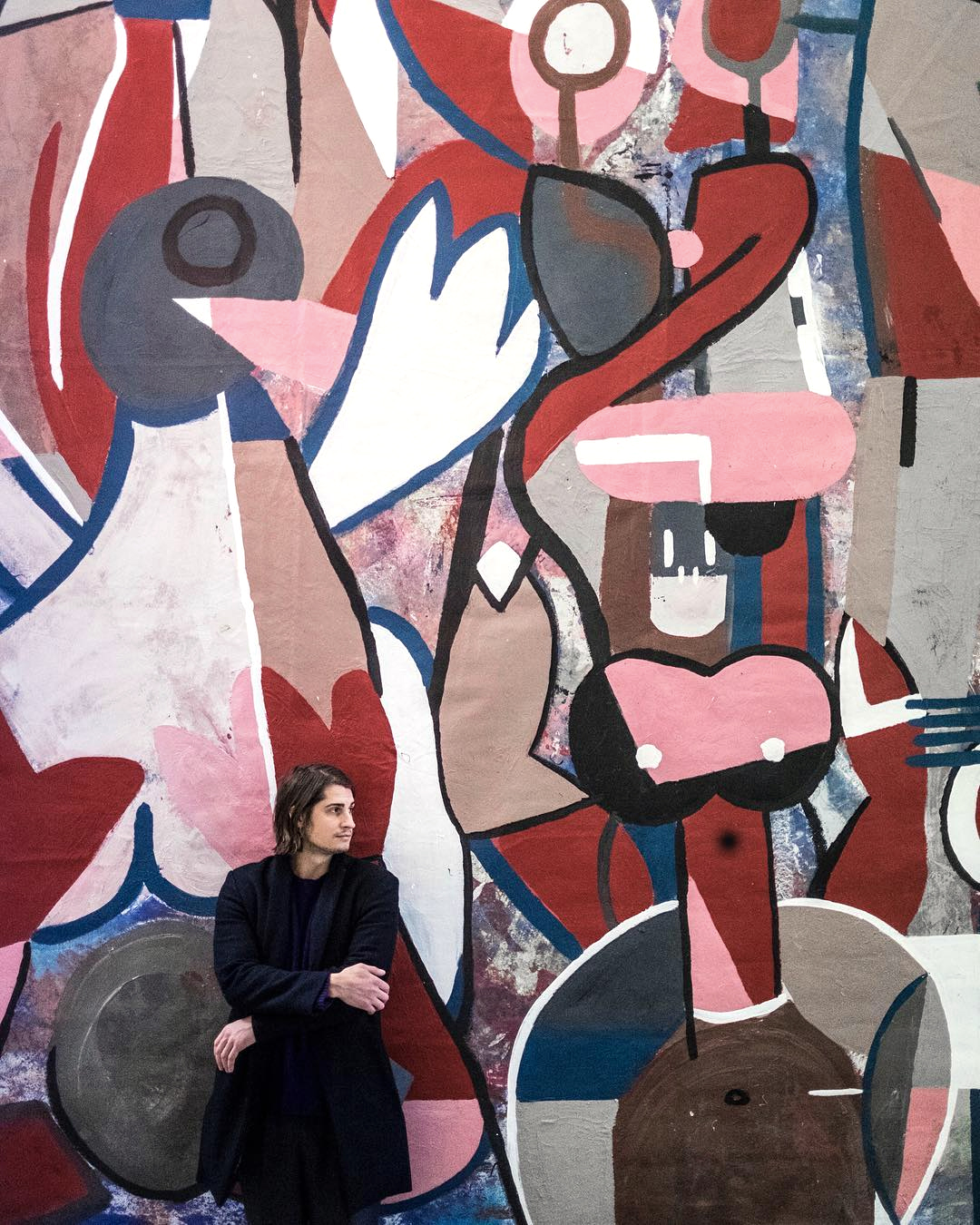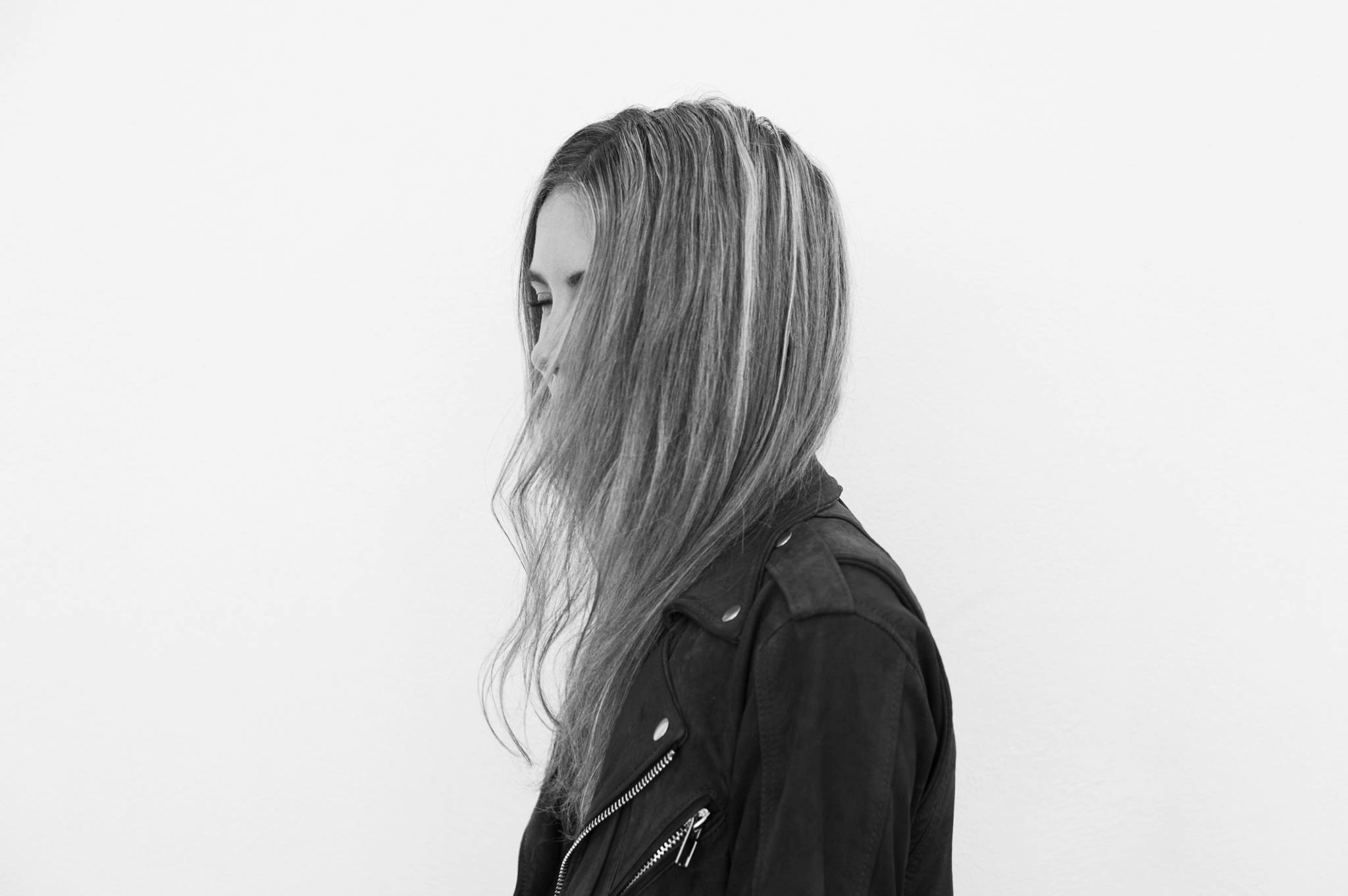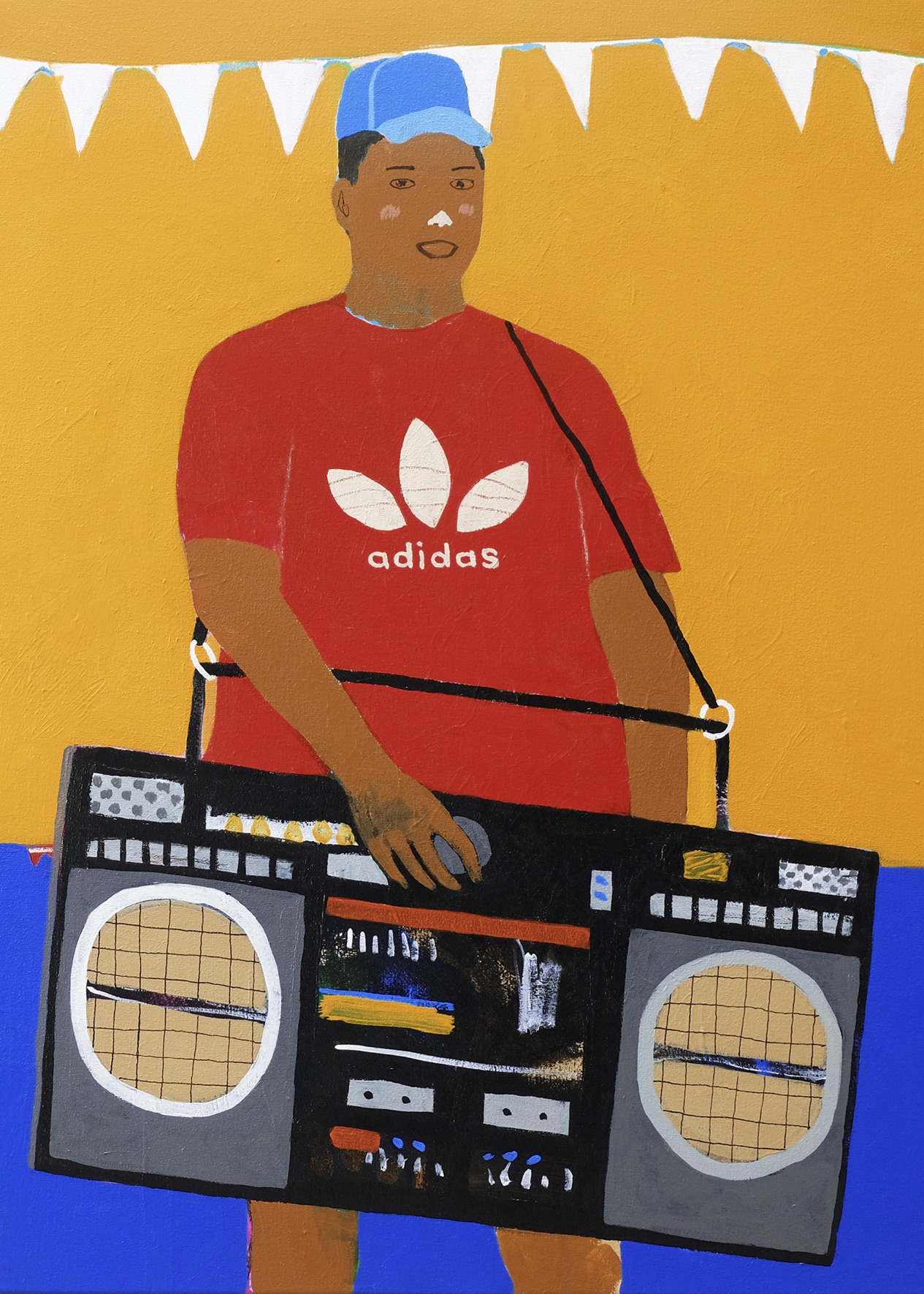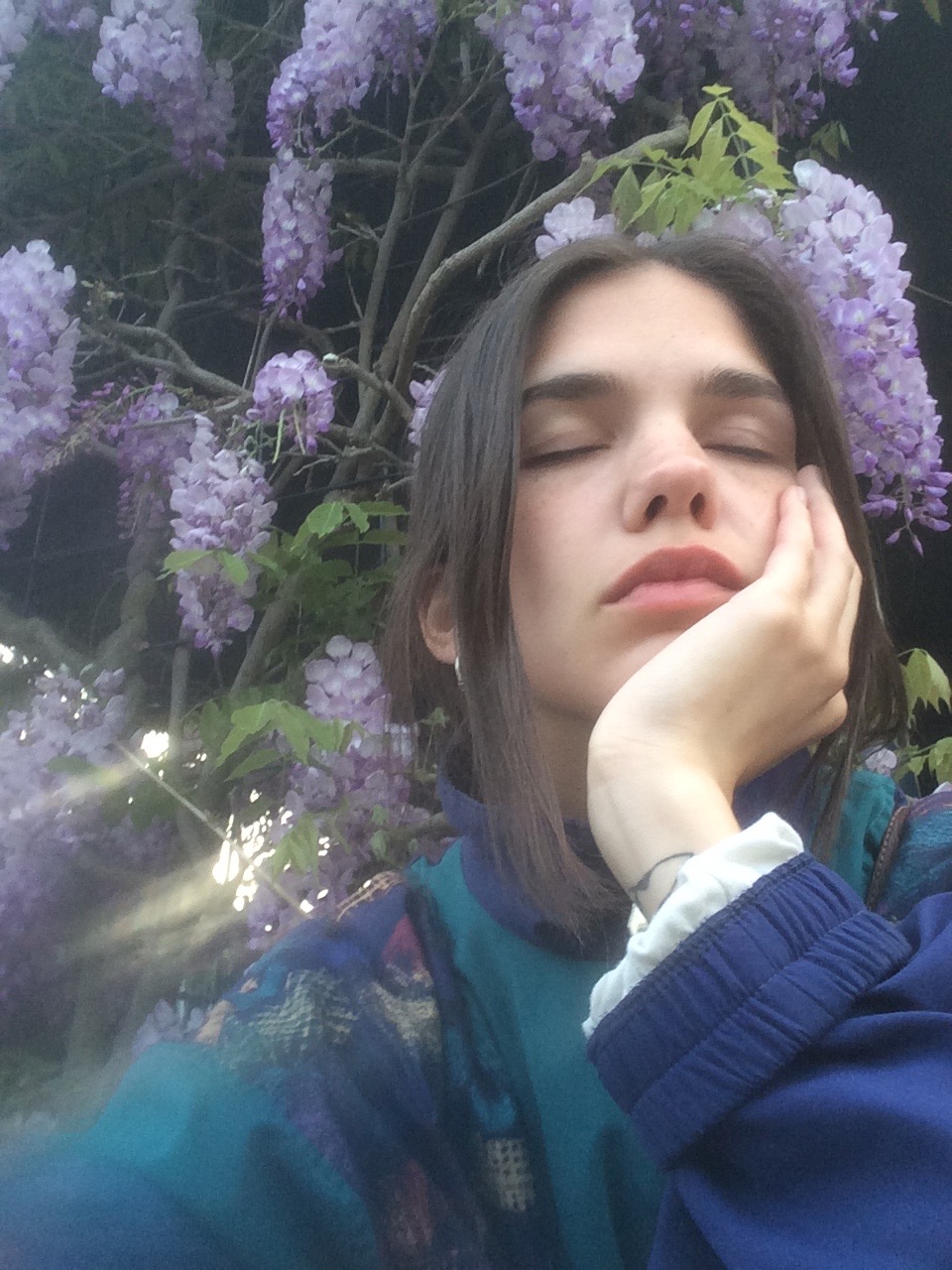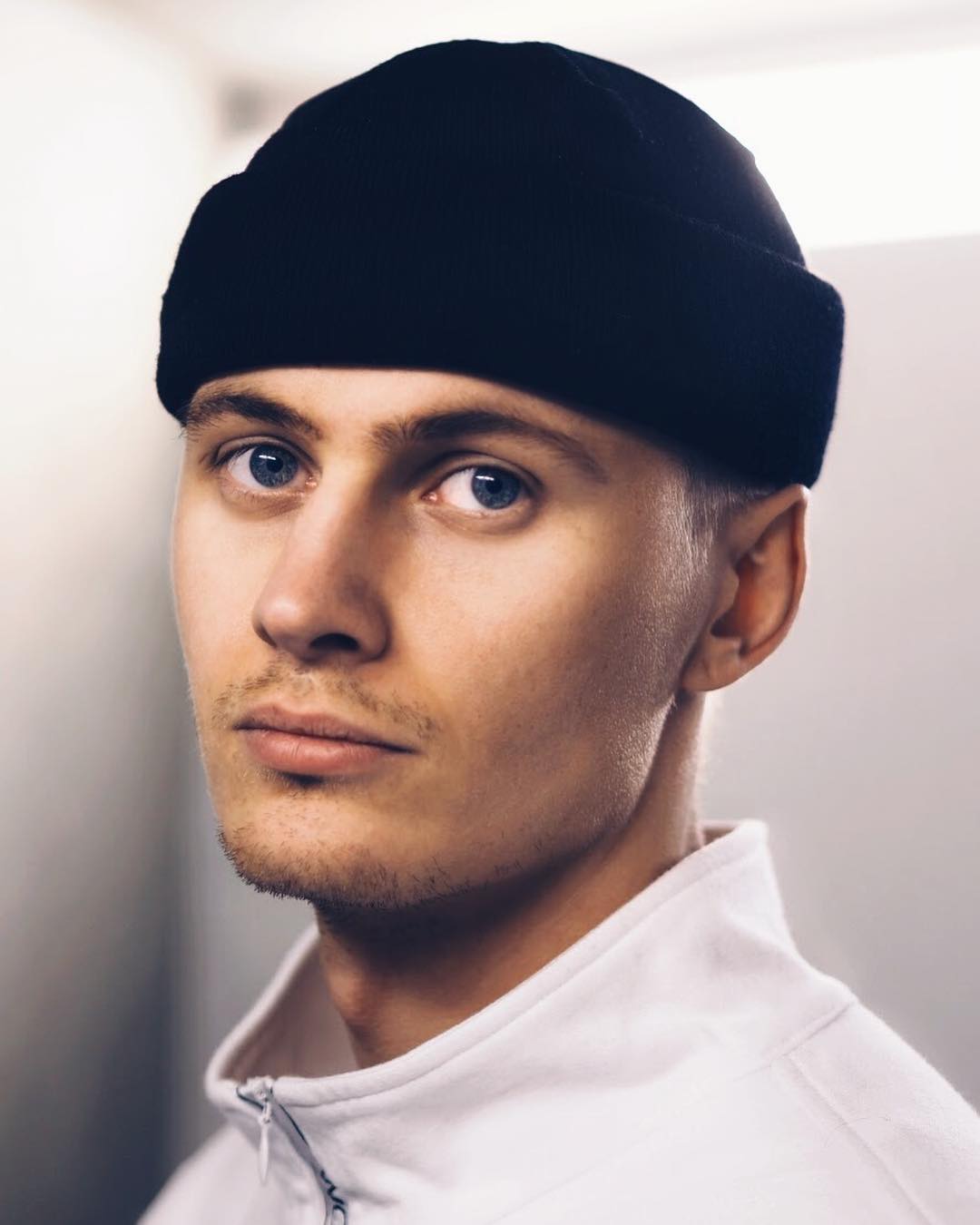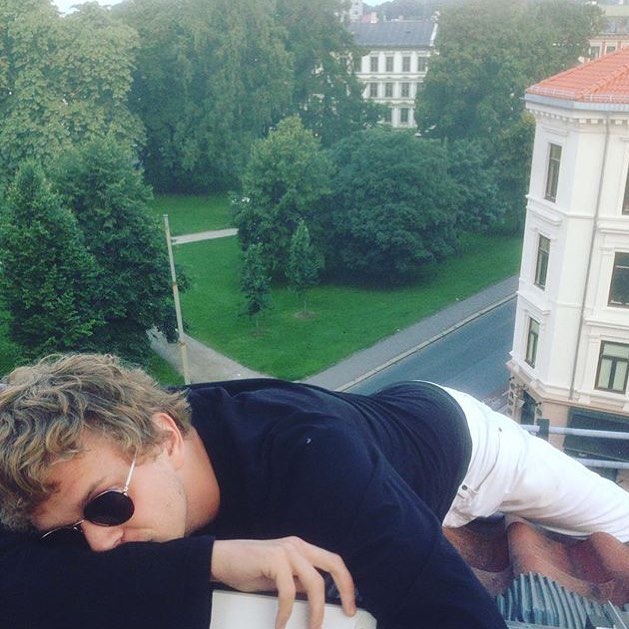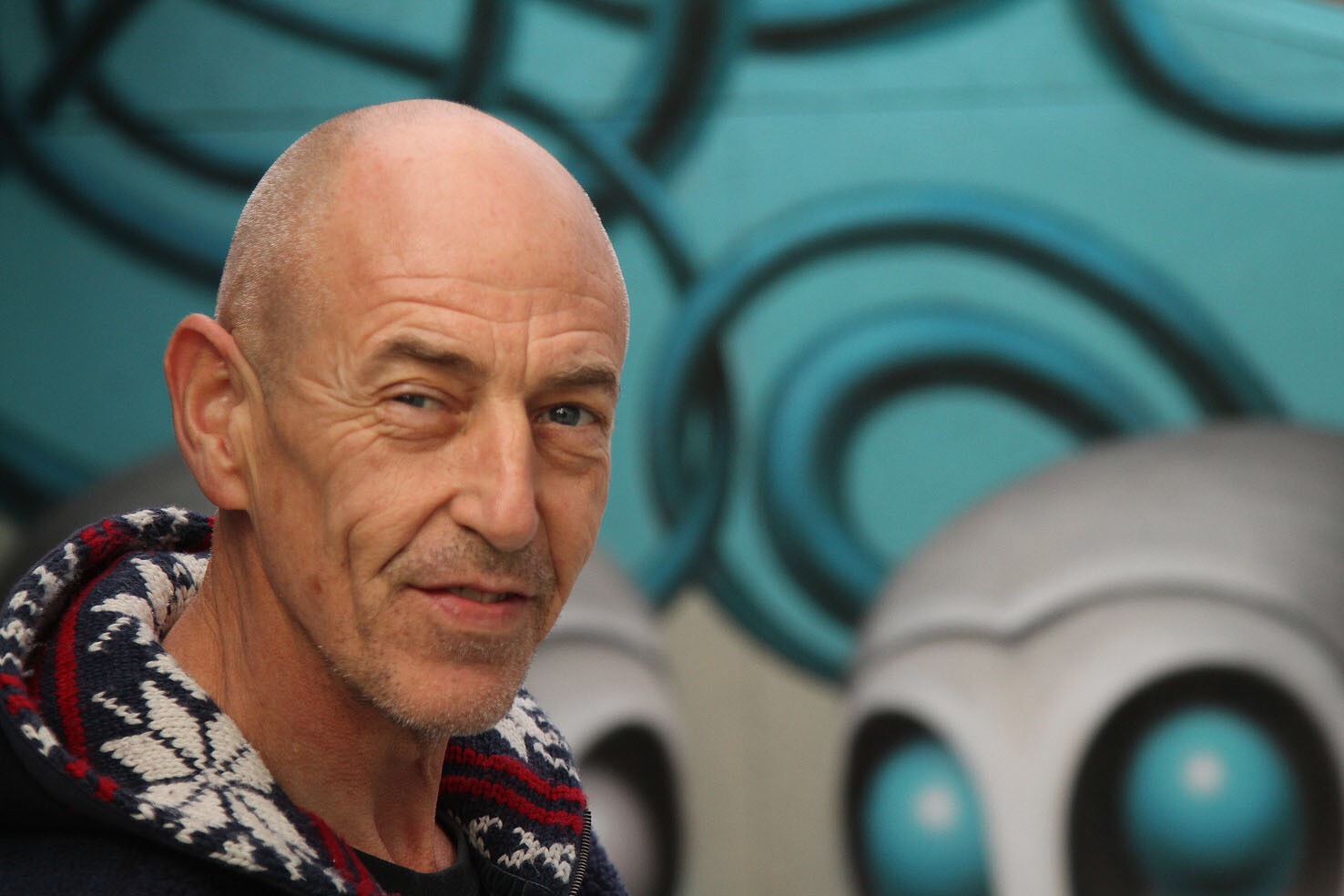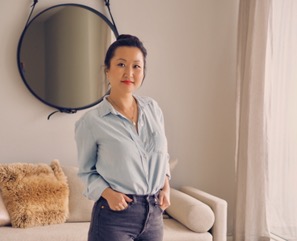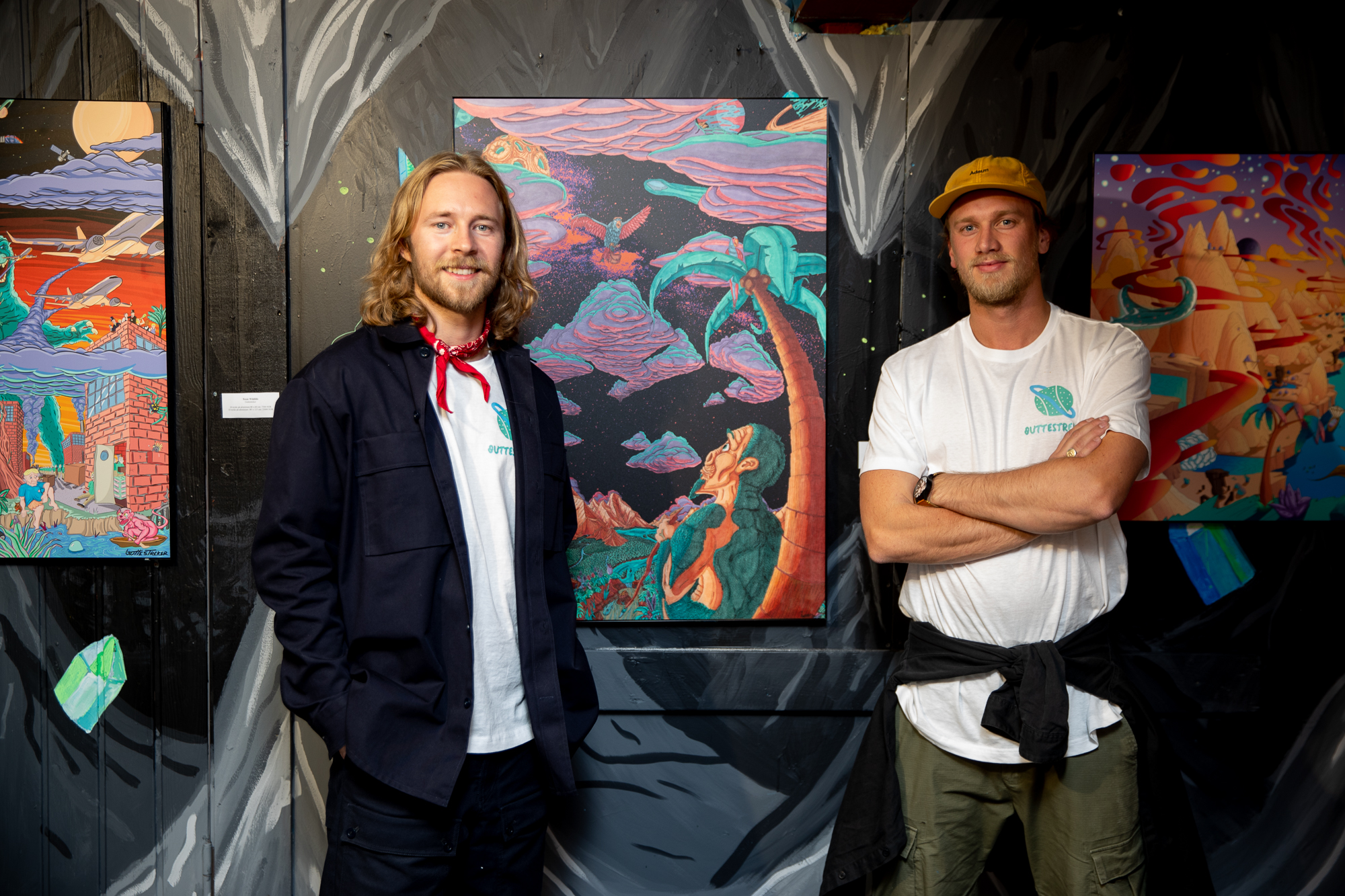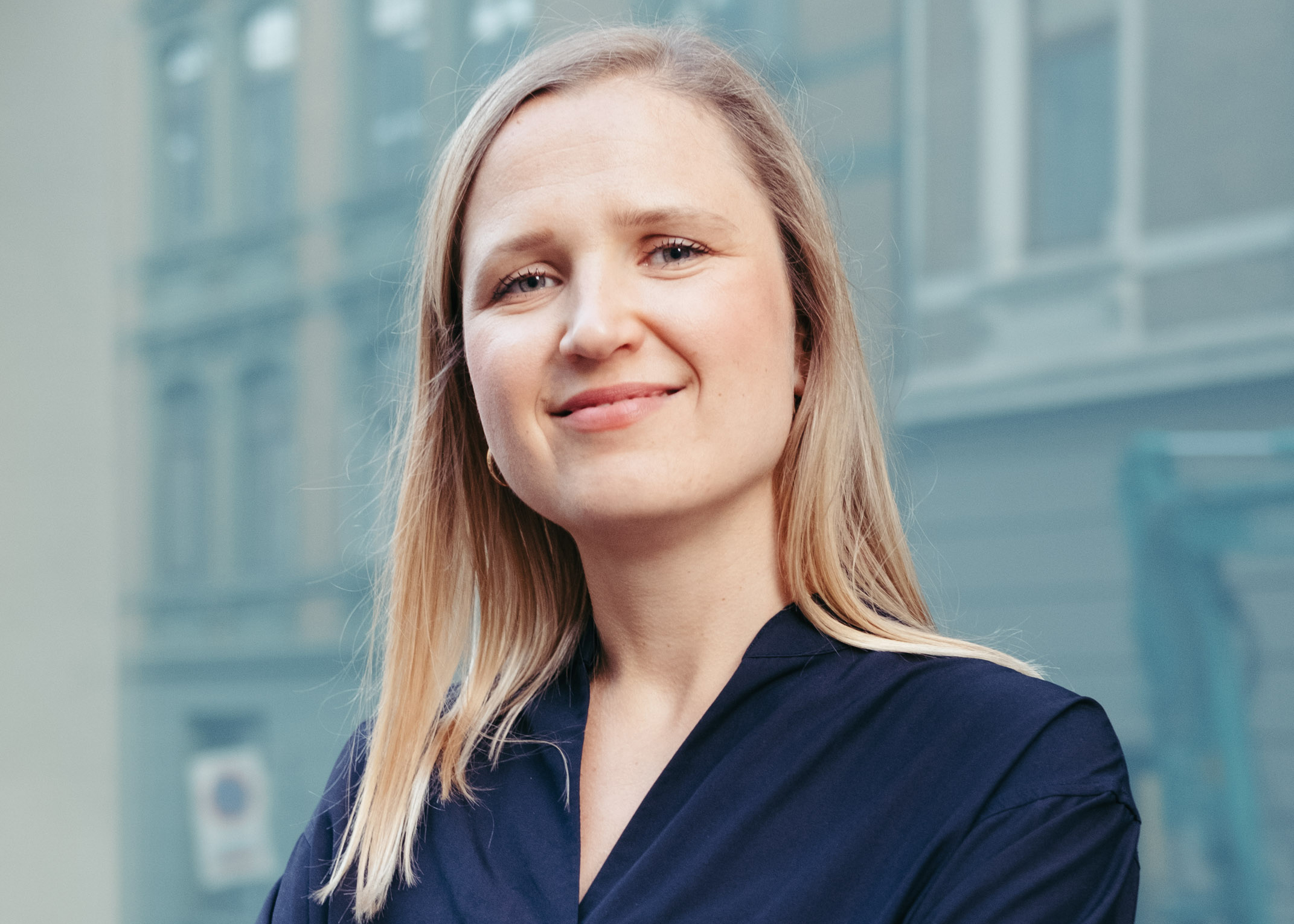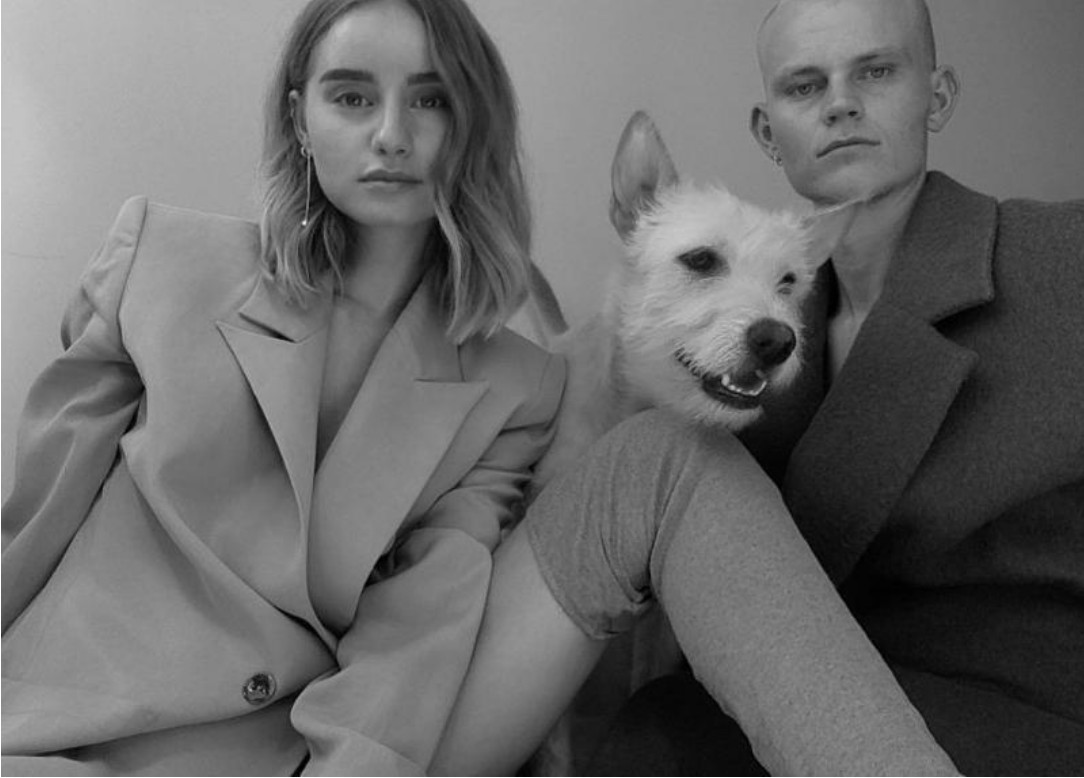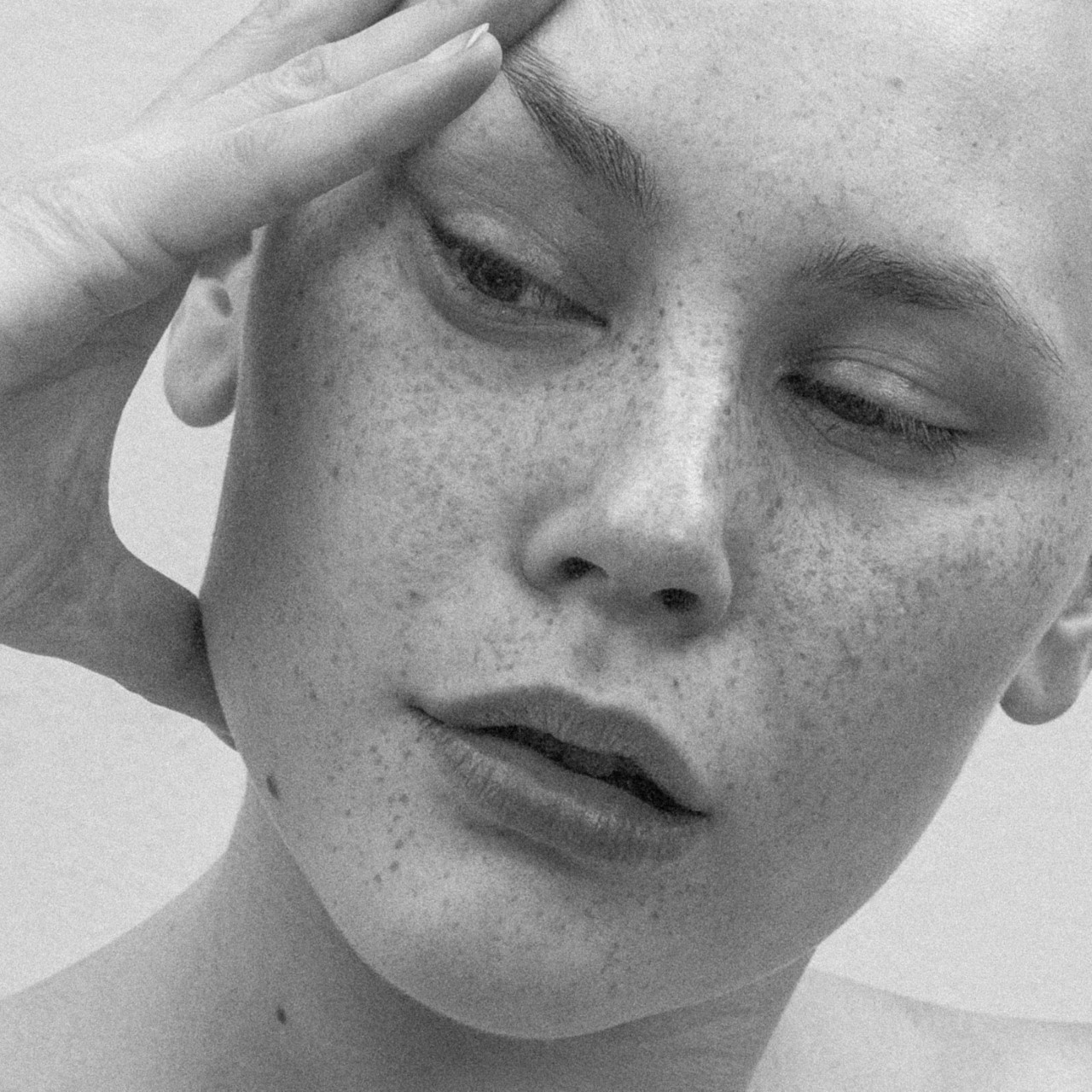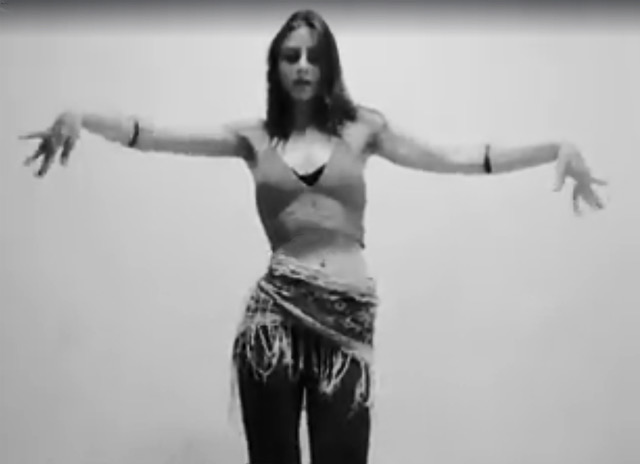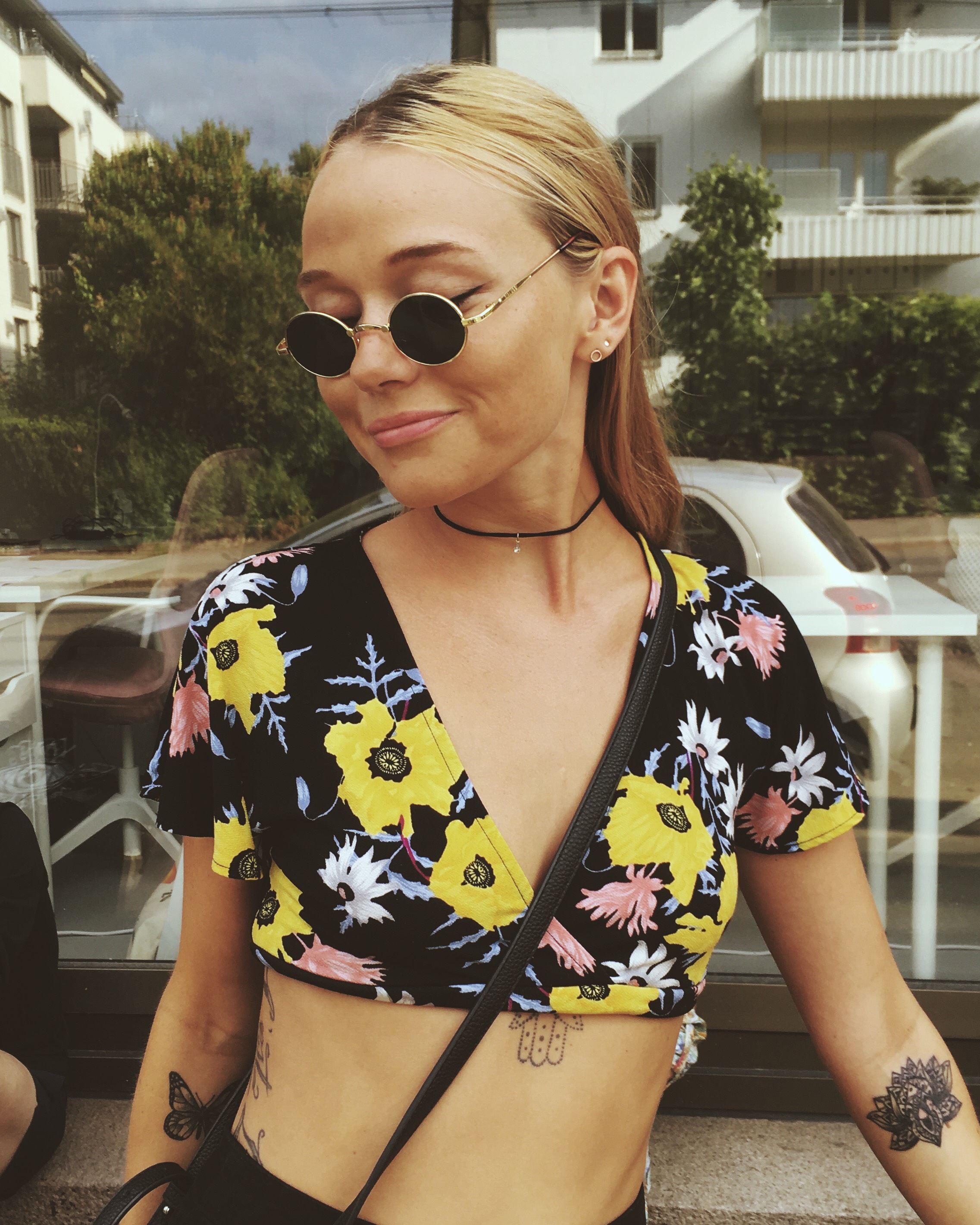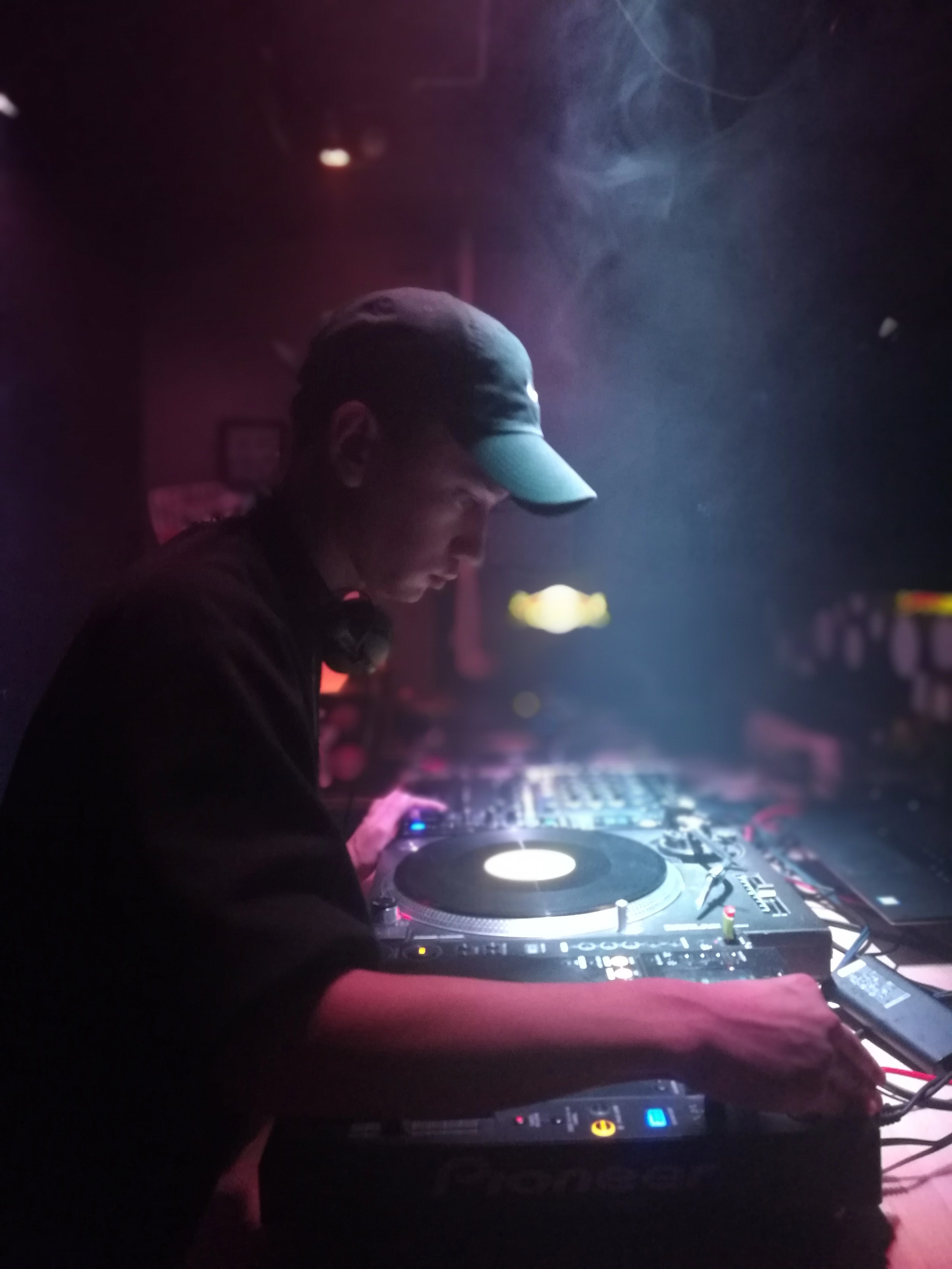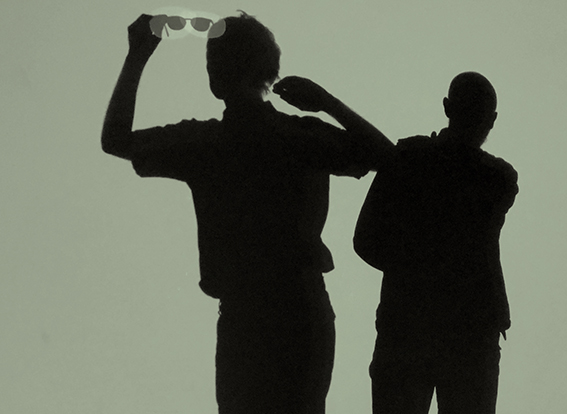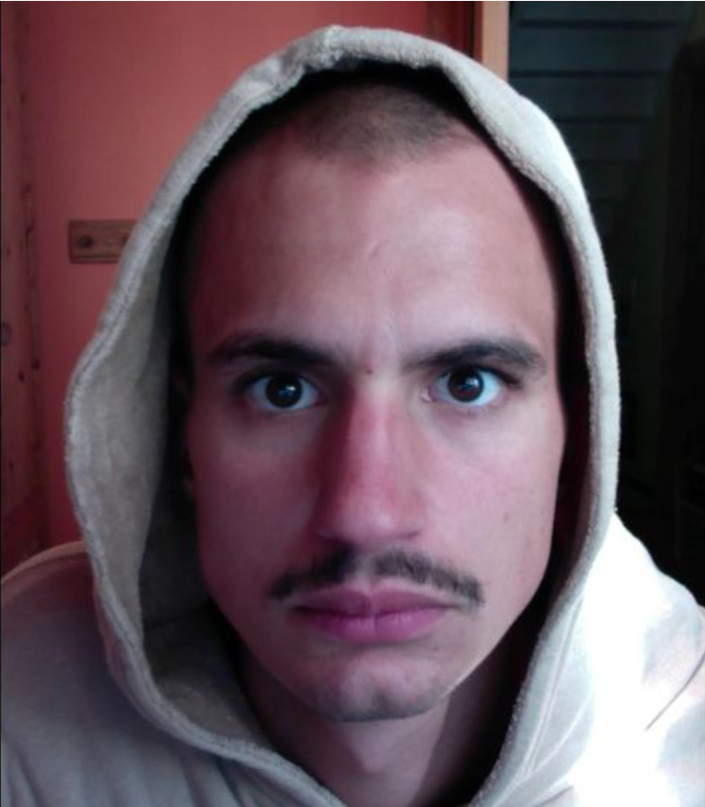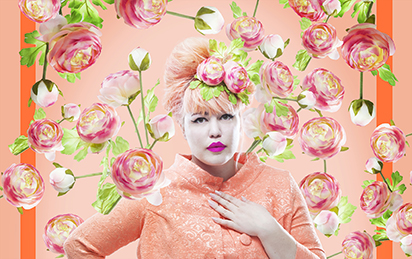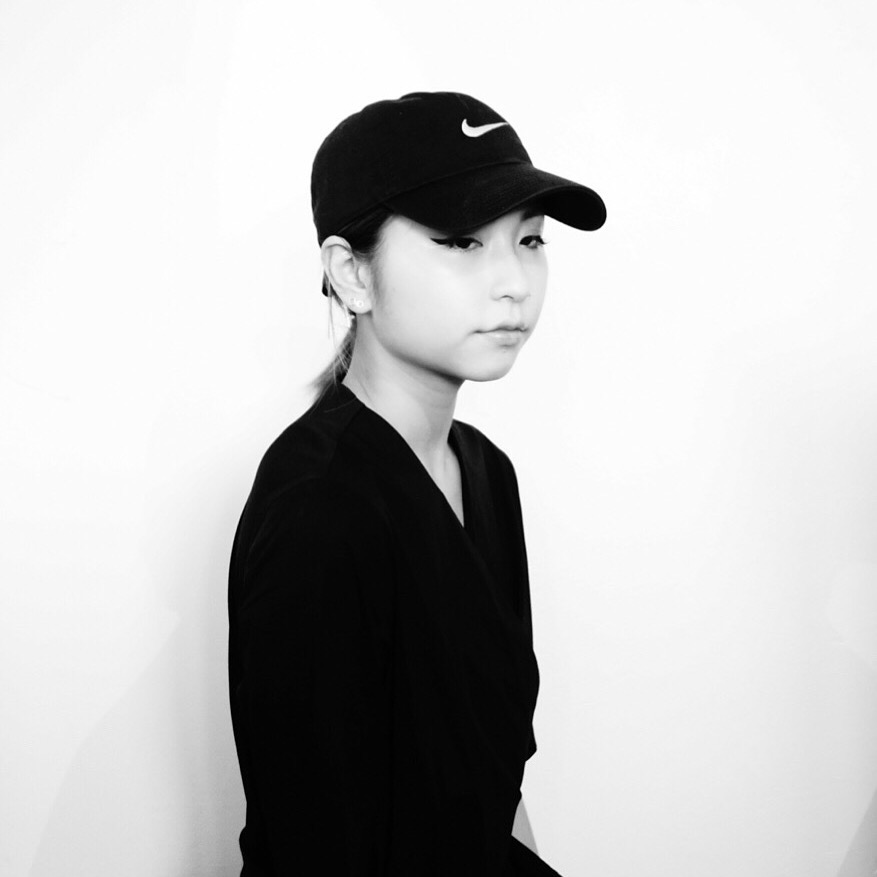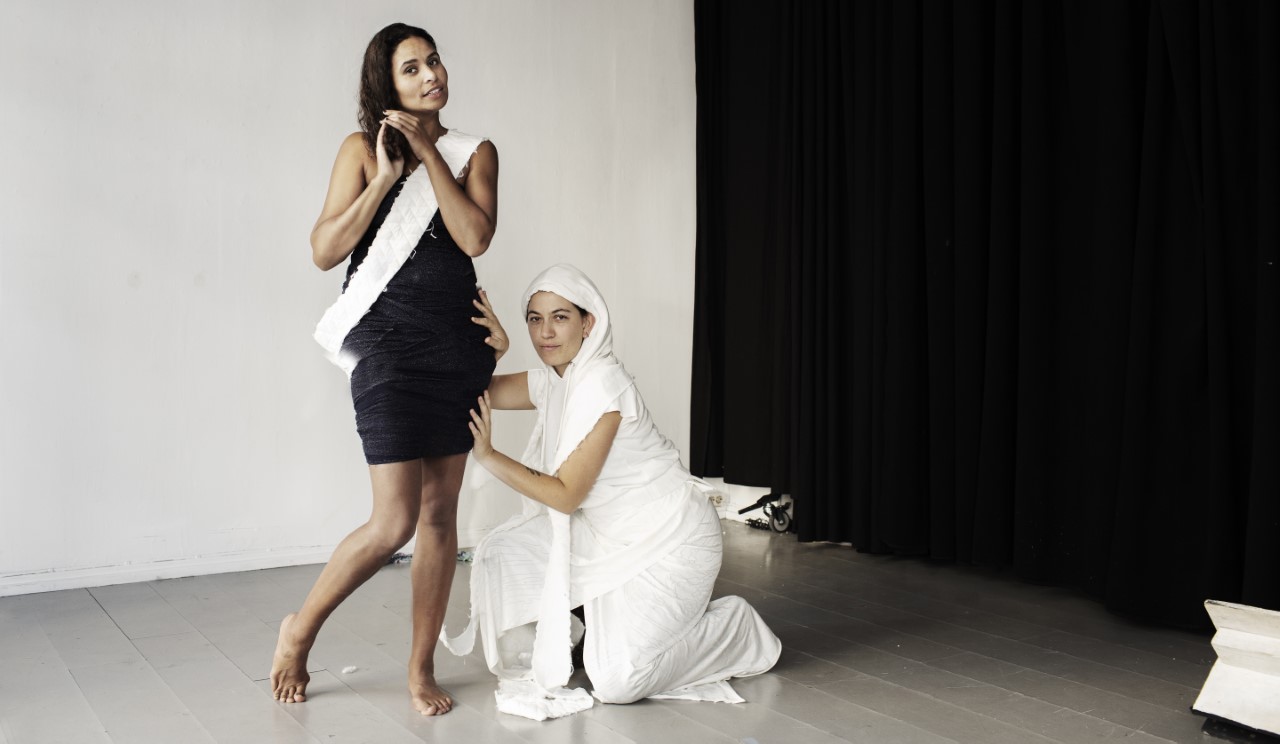Rachel Wolfe
"...studying the proposed divide between the material and metaphysical, the dream and waking landscape."
Rachel Wolfe
Visual Artist
City of residence, OSLO, NORWAY
Location: Verité, Grundingen 1, Aker Brygge
Date and time:
Art Takeover: Thursday 11 October 18:00 - 21:00
Exhibition is up 12 & 13 October 12:00 - 19:00
Q & A:
COL: How old are you and where are you from?
RW: 33 calendar years. I’ve had the good fortune to be from a loving family in Illinois.
COL: What do you do?
RW: In a comprehensive view: studying the proposed divide between the material and metaphysical, the dream and waking landscape. In concrete terms, a process of field recording with photographic exposures, sound, video, material, documenting and editing the documentation, studying history and the scientific properties of the materials, and representing literal translation of materials through sense phenomena through visual an installation art, privileging kinesthetic knowing. I think Descartes got things twisted and there are aspects about reality I want to make sure to emphasize, to bring value to. My goal has always been to make awe, wonder, hope, and beauty in meditative connection present in my work.
COL: How long have you been doing it?
RW: About 20 years. In 1999 I participated in a group field project, working with artists from neighboring towns to create a formal representation, carved with mowers into a field, visible from space. This was the first time I concretized the desire to work with vision, body, space, and landscape.
COL: What’s your first artistic memory?
RW: Tap, jazz, and ballet class in the gymnasium.
COL: What inspired you to pursue a career in art?
RW: Intrinsic motivation. The idea a career is a choice has always seemed like a post-modernist
dream. There are things people can do, cannot do, and things we cannot help but do no matter what’s going on. The latter could be described as inspiration, or something else. The something else is a bit closer to the truth. If I could be inspired to be a programmer, electrical engineer, geologist, or medical doctor I would have done that. I’ve succumbed to some kind
of motivation beyond a sense of I. It sounds religious, but it’s not. Terrible things happen when life goes out of its flow.
COL: Do you remember your first work of art?
RW: I don’t think I can. I can recall receiving local newspaper coverage as artist-of-the-month for a pseudo-cave drawing I made. Pseudo because it was paper stuffed with paper to create a visual impression of being a rock that I then drew stick human and animal figures and rudimentary shapes on. It was strange experience, because a collaged rendering of an
underwater, shopping mall plan with an environmentally friendly, self-supporting ecosystem
seemed more artistic than the “cave” renderings. I suppose what other people find interesting became interesting to me then: the sense of questioning “What on earth (is going on)?”
COL: If you could have any piece of art in history, what would you choose?
RW: I am greedy with art, so I would want to own the work of my contemporaries. The work they make boggles my mind. Space would be a primary necessity as my colleagues tend to work in various mediums.
COL: What is your relationship with fashion?
RW: A loving and deep relationship. Fashion has somehow been attributed to all kinds of vapid
critique for being shallow. Fashion itself isn’t these things, fashion, of all things touches on life itself-the body, expression, and from a Traditional Chinese Medicine perspective, the frequency of colors permeates what we can and cannot see. On a political and economic sense, the power of choice, to support and value labor or to do the easier thing and commodify and code the crap out of slave labor. I took an independent study in freshman year of high school and turned away from fashion because I was a wimp who couldn’t handle these weighty issues, but as the years go by, I am right back in this interest, with a
stronger stomach and more motivation to work through the changes.
COL: What does the word “collective” mean to you as an artist?
RW: For some reason I thought of communication and telegrams. I got to checking out the etymology of the word (one of my favorite things to do), and indeed, there is something about collective that is about transmission of communication for force. Nature has a way of gathering resources to creatively disseminate, and so collective feels wholly functional in terms of art. I’m also part of an international artist group, Ex Nihilo, formed by artists working literally on different continents in different countries. As a collective, we provide the support to each other necessary to keep doing our work.
COL: What is the best and worst thing about being an artist?
RW: The best thing is being honest-about everything and doing what’s in my heart to be done, working through the ideas, understanding where symphonies come from, reading texts and wasting very few moments if any on luxuries such as boredom. The worst thing is thinking I can ever explain how much work is involved and reminding people the value of labor. The rise of the human as an ideological individual perpetuates an archaic myth of lifestyle, which is about a flimsy narrative that somehow manages to perpetuate the ages. I still find this a
“best part” in that being honest serves a performative role of describing. Describing work and life is really something that doesn’t have working hours.
COL: Who do you admire?
RW: This is an incredibly long list to start, and one I honestly should ask people if they mind if I bring up their names. My parents have worked hard and loved nonstop, 40 years married. I admire that. Most of my friends have moved countries, at least once, and that is
considerable effort-admire that. Architects, designers, painters, people who keep doing what they do and say what’s on their mind no matter what is popular or not, I admire. Since things have gotten a bit extreme, I’ll say I admire that, save for the folk who have really gone nasty with ideological agendas. I don’t admire dogma but I don’t find heresy in times of radical
political correctness to be a major offense. Authors are some of those I admire a great deal. Words are a tough medium to work in, and to attribute the ideas to their name, courageous. Sorry for dodging the question in the most direct sense, but I also want to respect the privacy of the people I admire-for I do admire them in ways words will fail anyway.
COL: What can we expect to see at this year’s festival?
RW: A lot of work pulled of elegantly. One of the striking features I’ve noticed in the Oslo Art and
Fashion Festival is how much effort is made, how much beauty and value is given, and how enjoyable the entire experience is. The kind of effortlessness appearance always involves the most amount of work. I think if people can’t see it, they can feel it somehow by looking. Or at least I can. I can’t wait to see the rest of the festival.
COL: Who are you excited to see?
RW: The artists! I read their histories, see their work-but as hinted, artists are working all the time.
It’s a rare occasion to actually get to see the artists themselves, and express the appreciation for their work. And, my friends. So many fun evenings and relationships are neglected from working. The festival is a chance to see awesome people I’ve missed for
weeks or months.
COL: How important is the ability to expose your art to you and your creative field?
RW: Essential. Making for myself is about as interesting, to me, as eating alone. An activity done
out of survival necessity, but really the joy is connection. From a sense of survival in the time
of value/commodity exchange.

